Return on the Humanae Vitae congress
Back in pictures
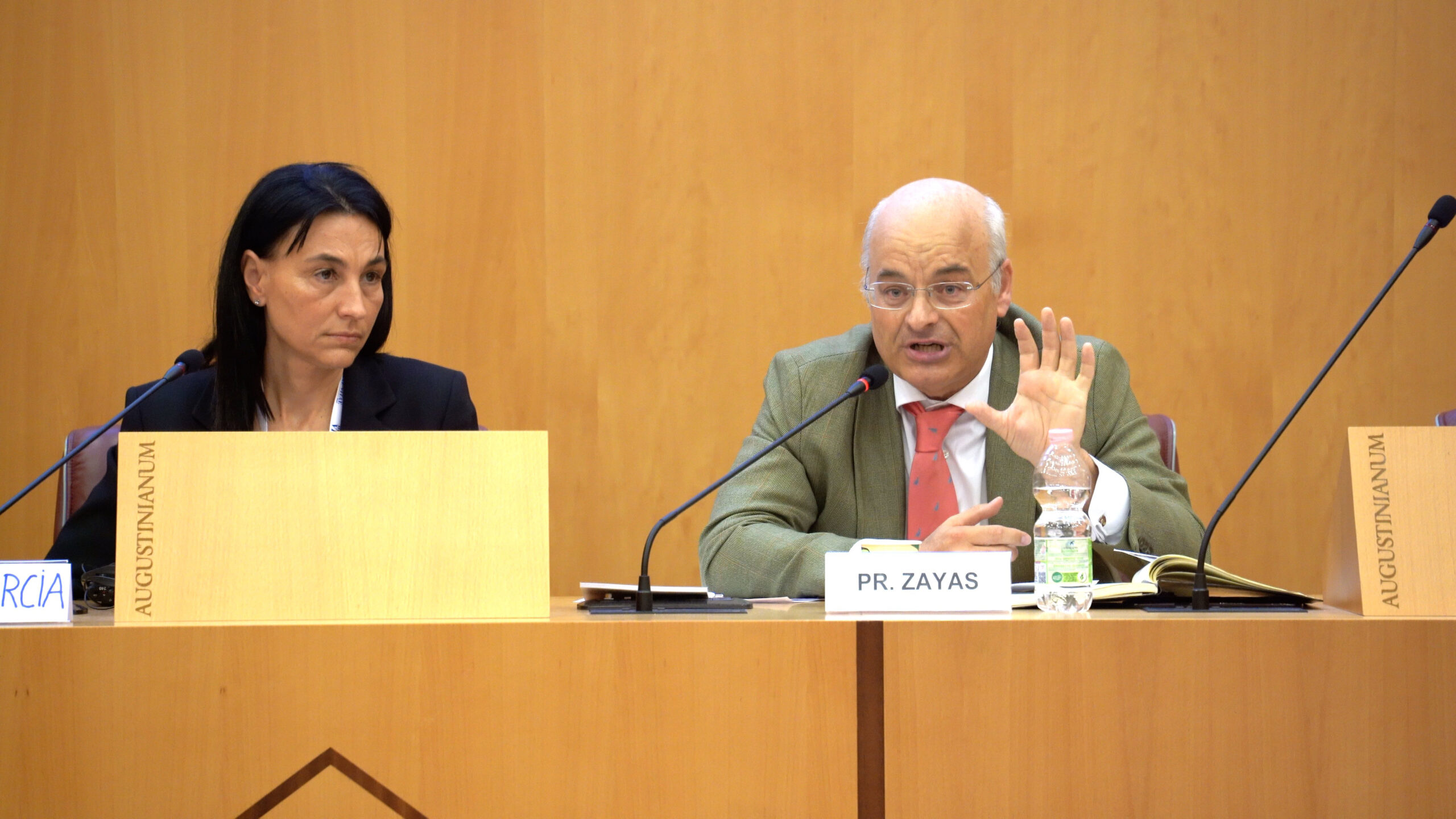
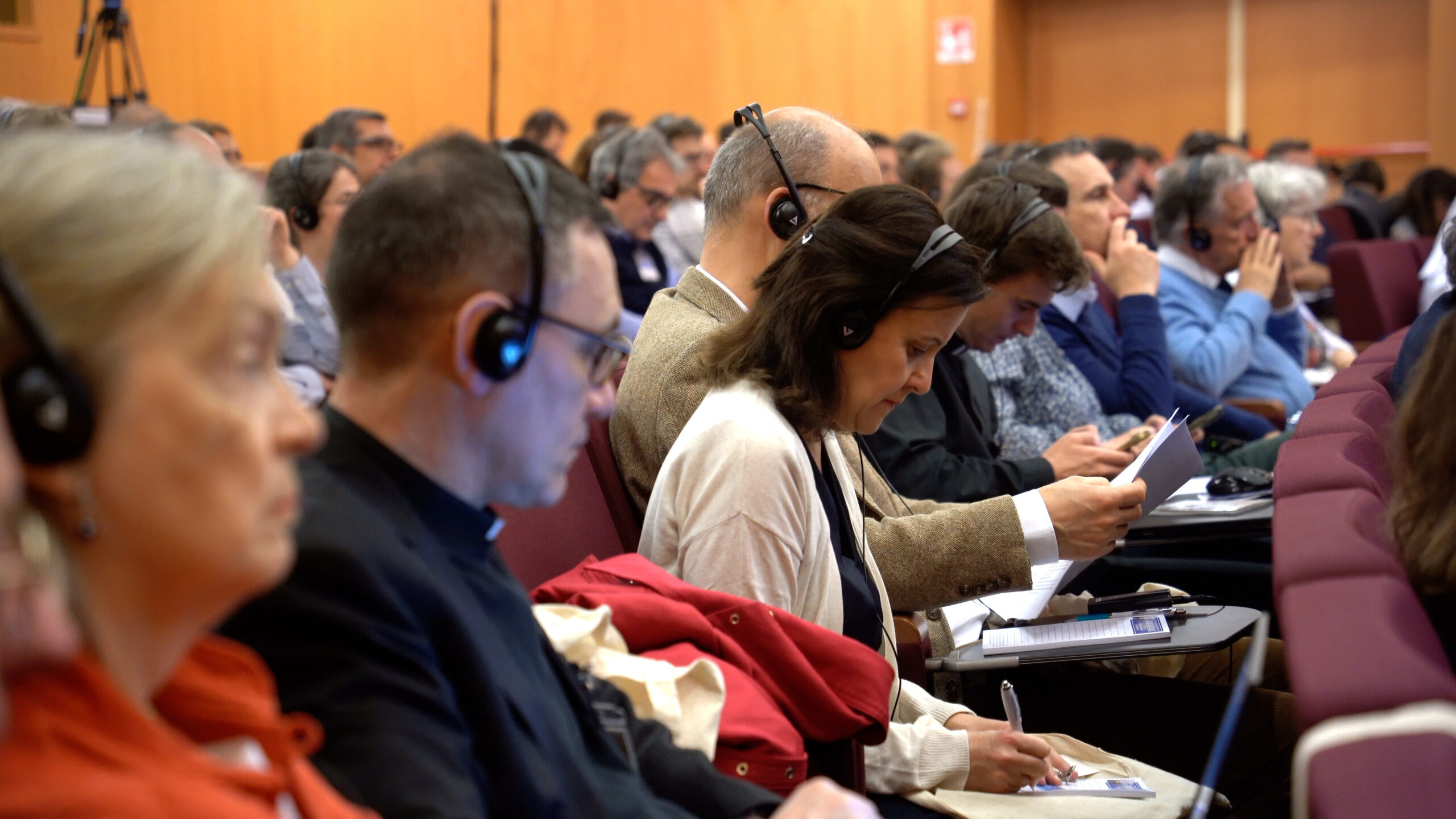
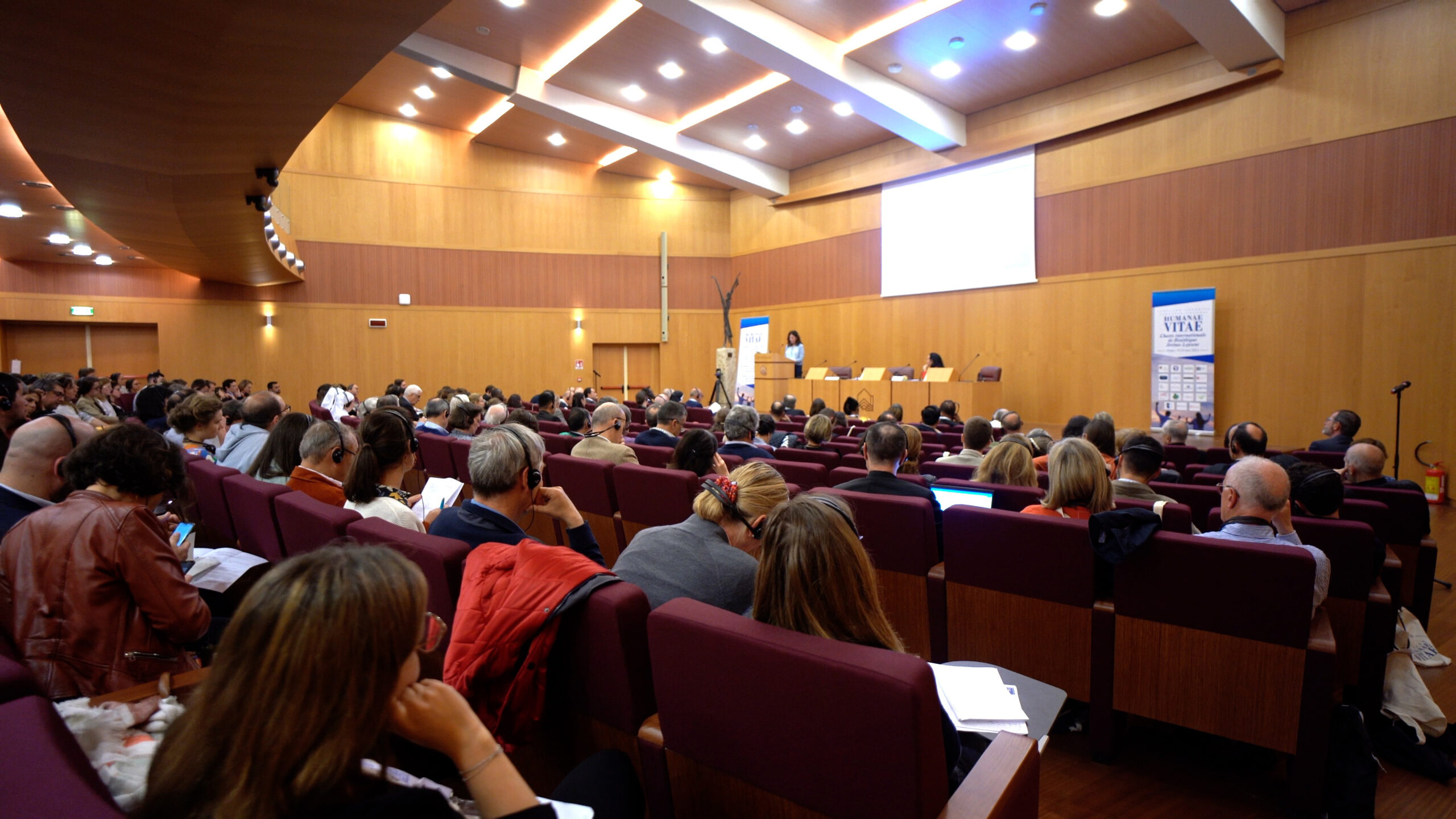
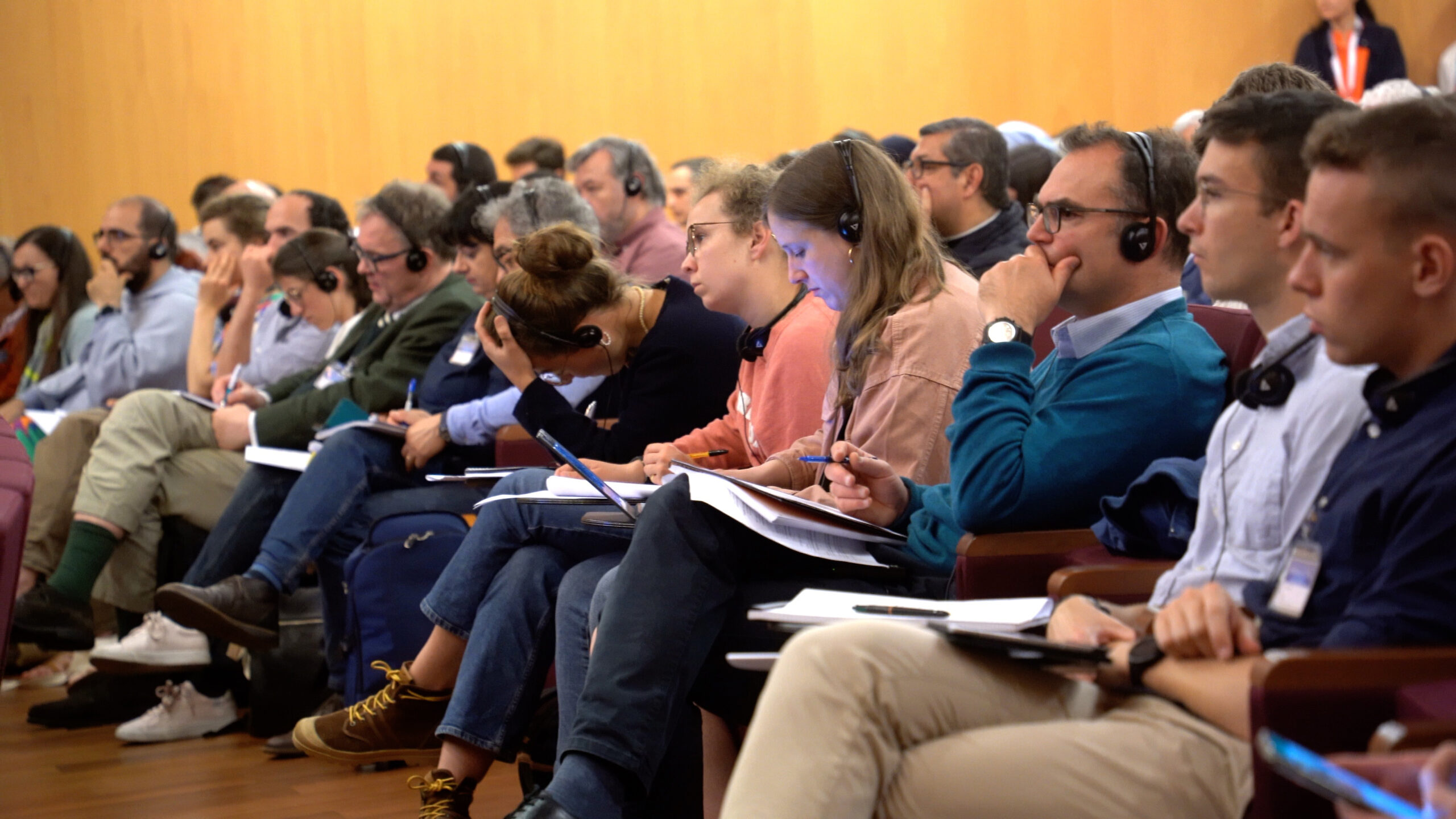
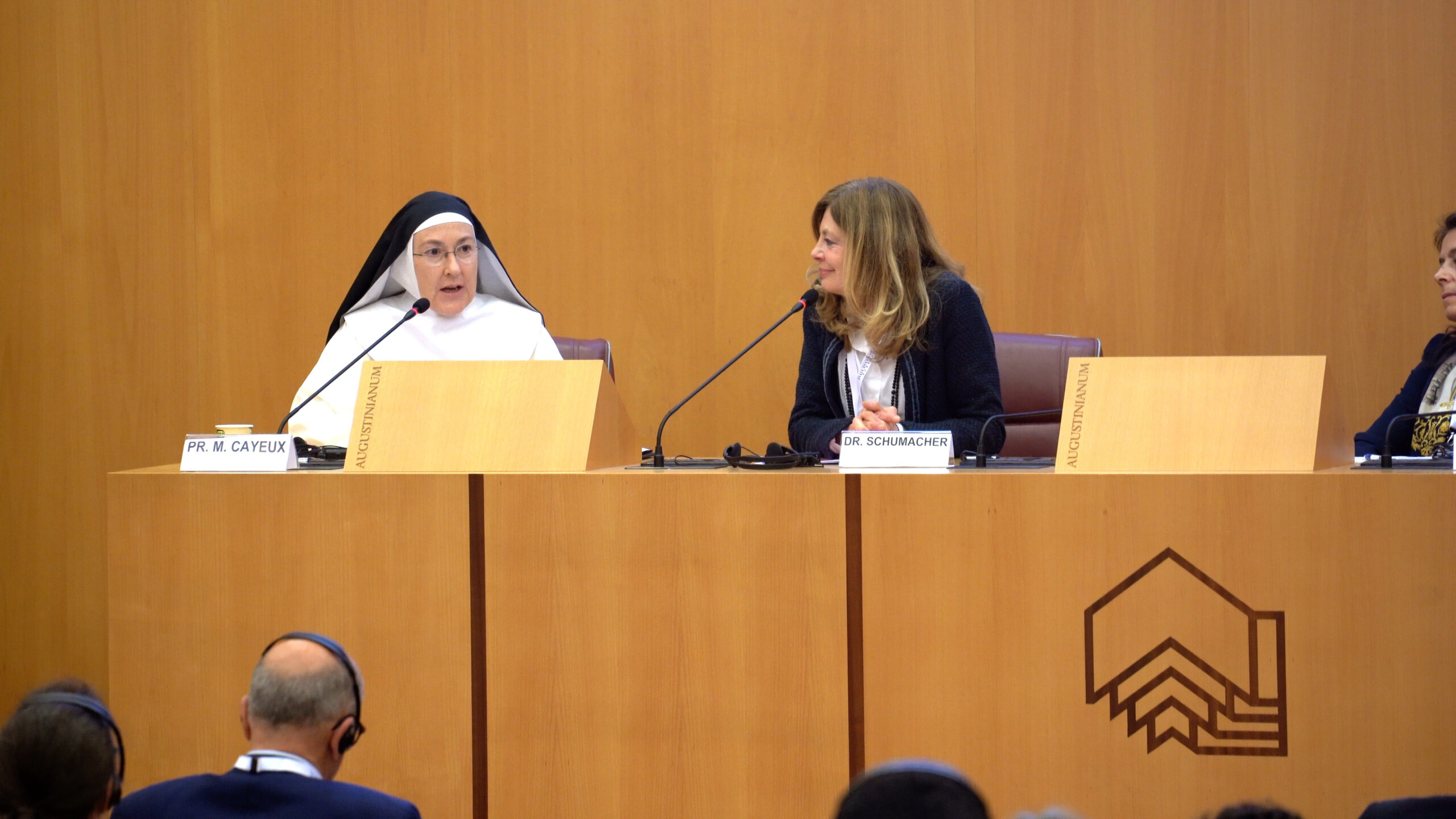
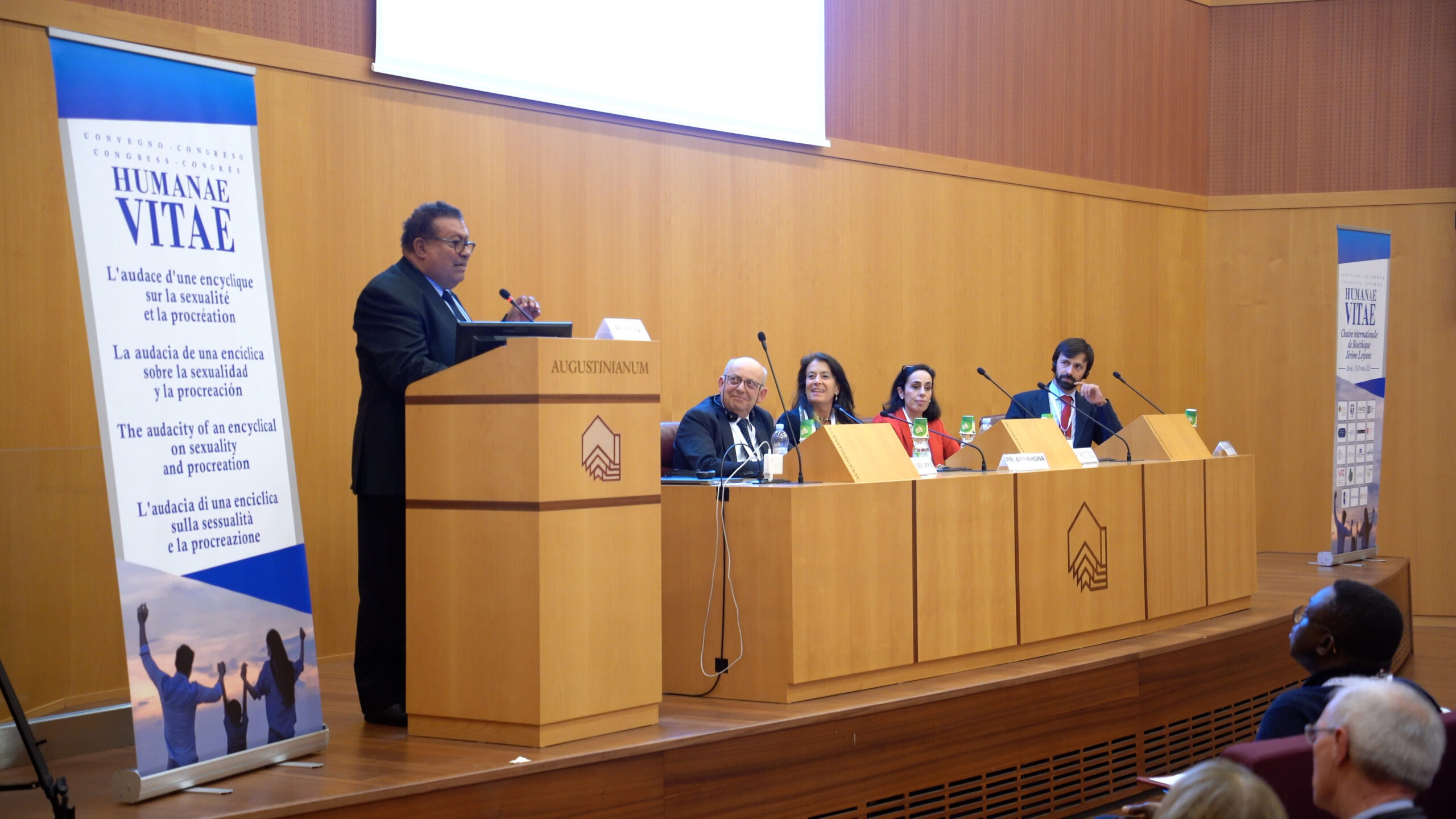
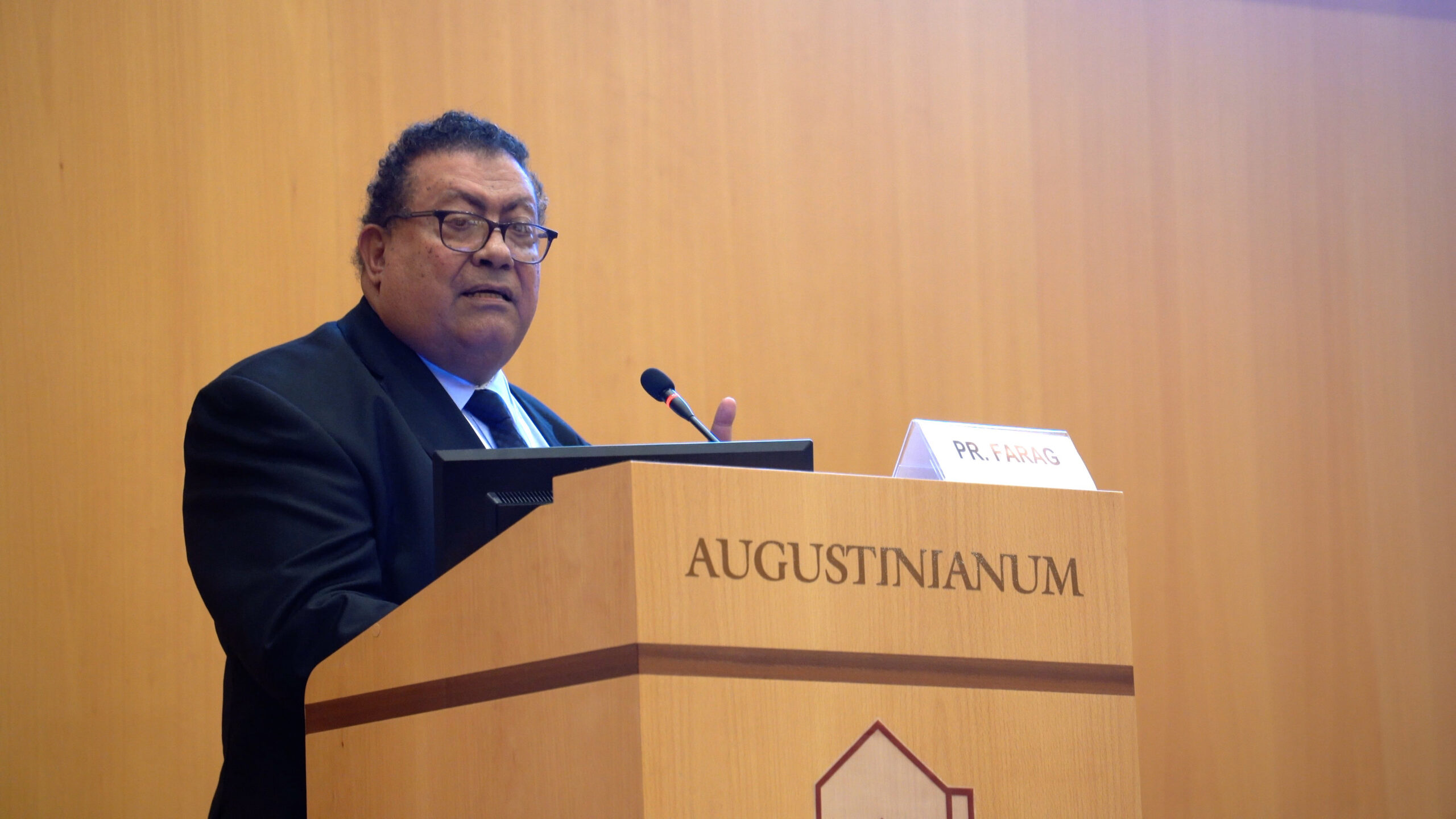
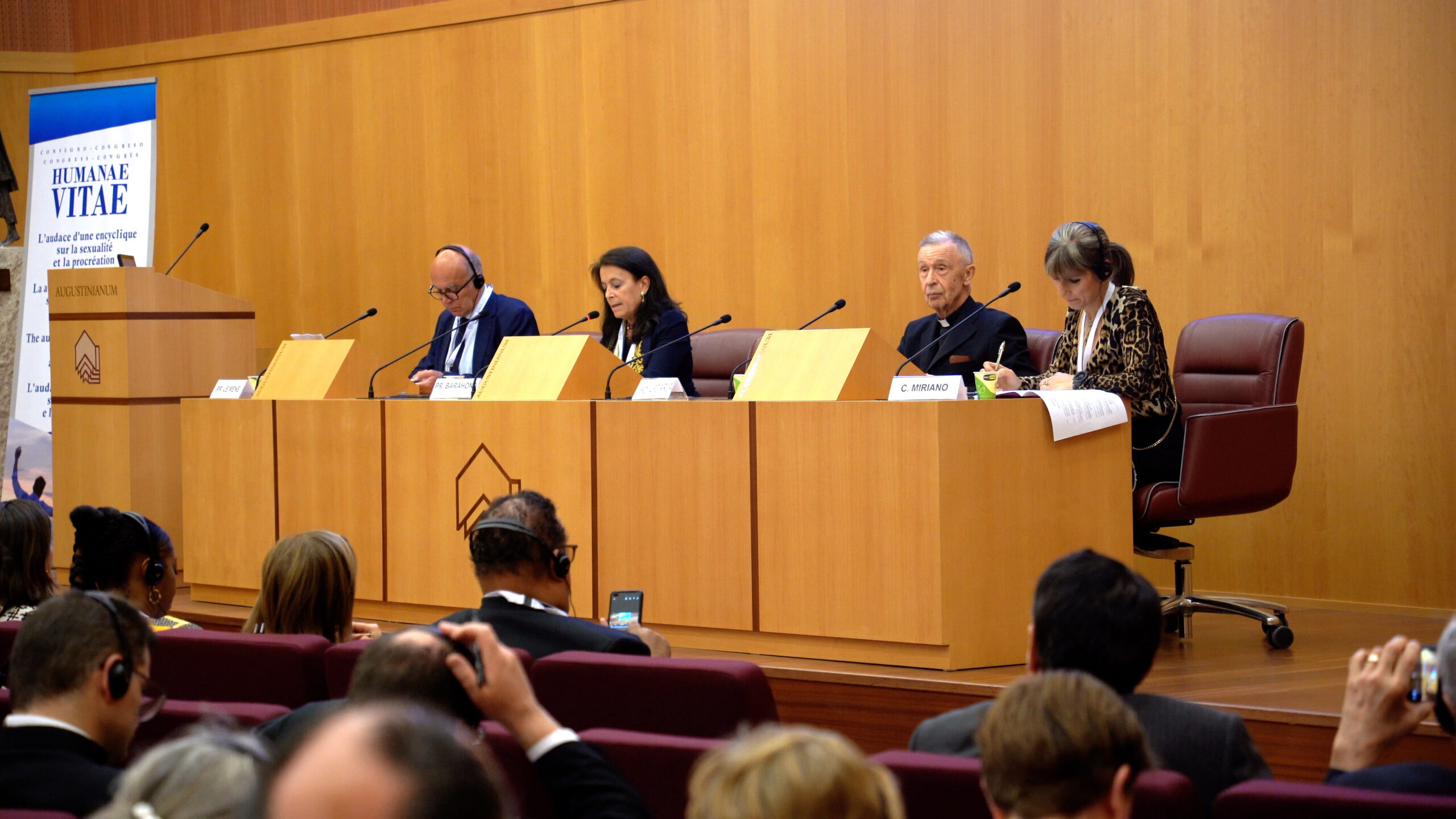
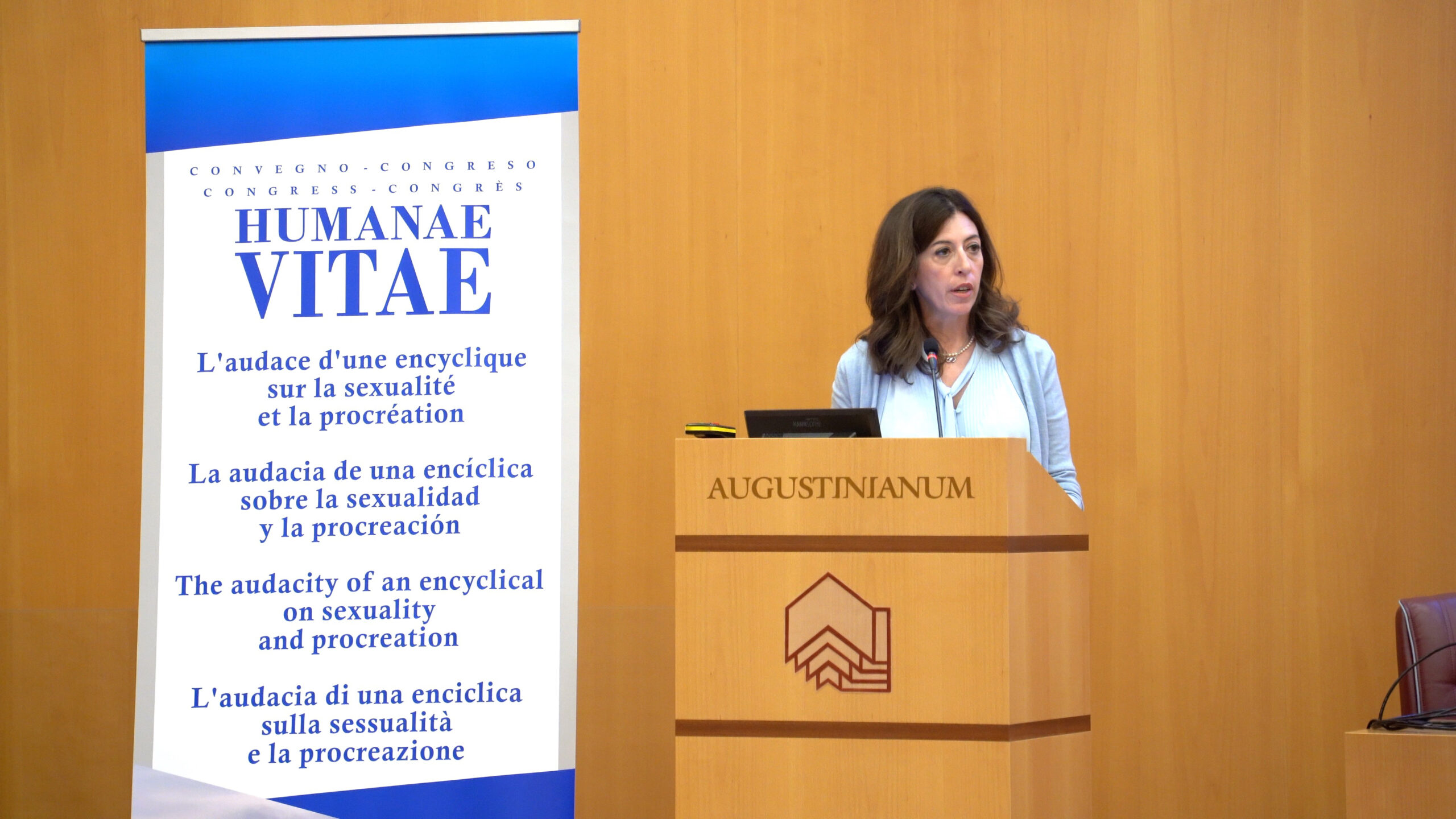
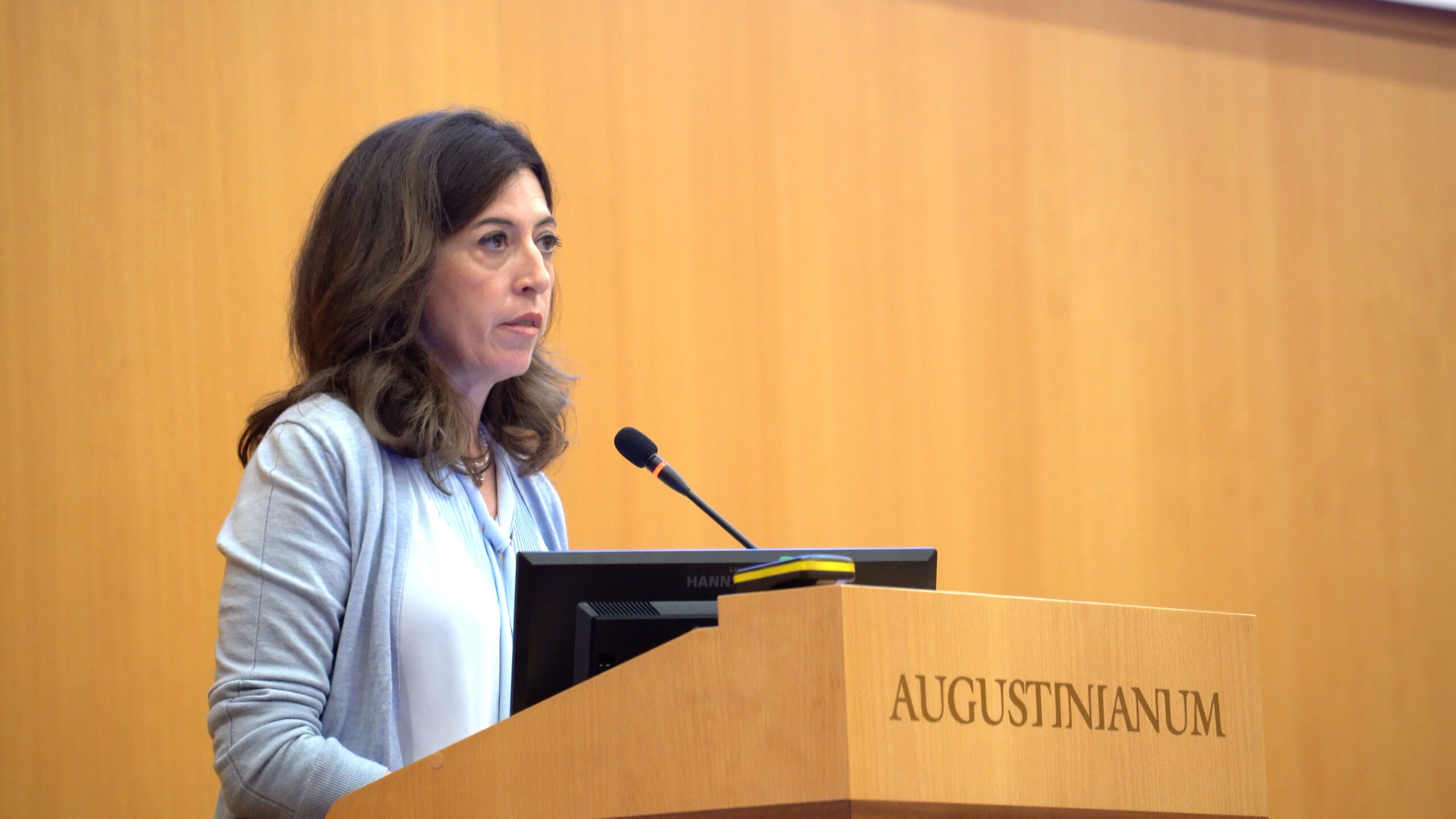
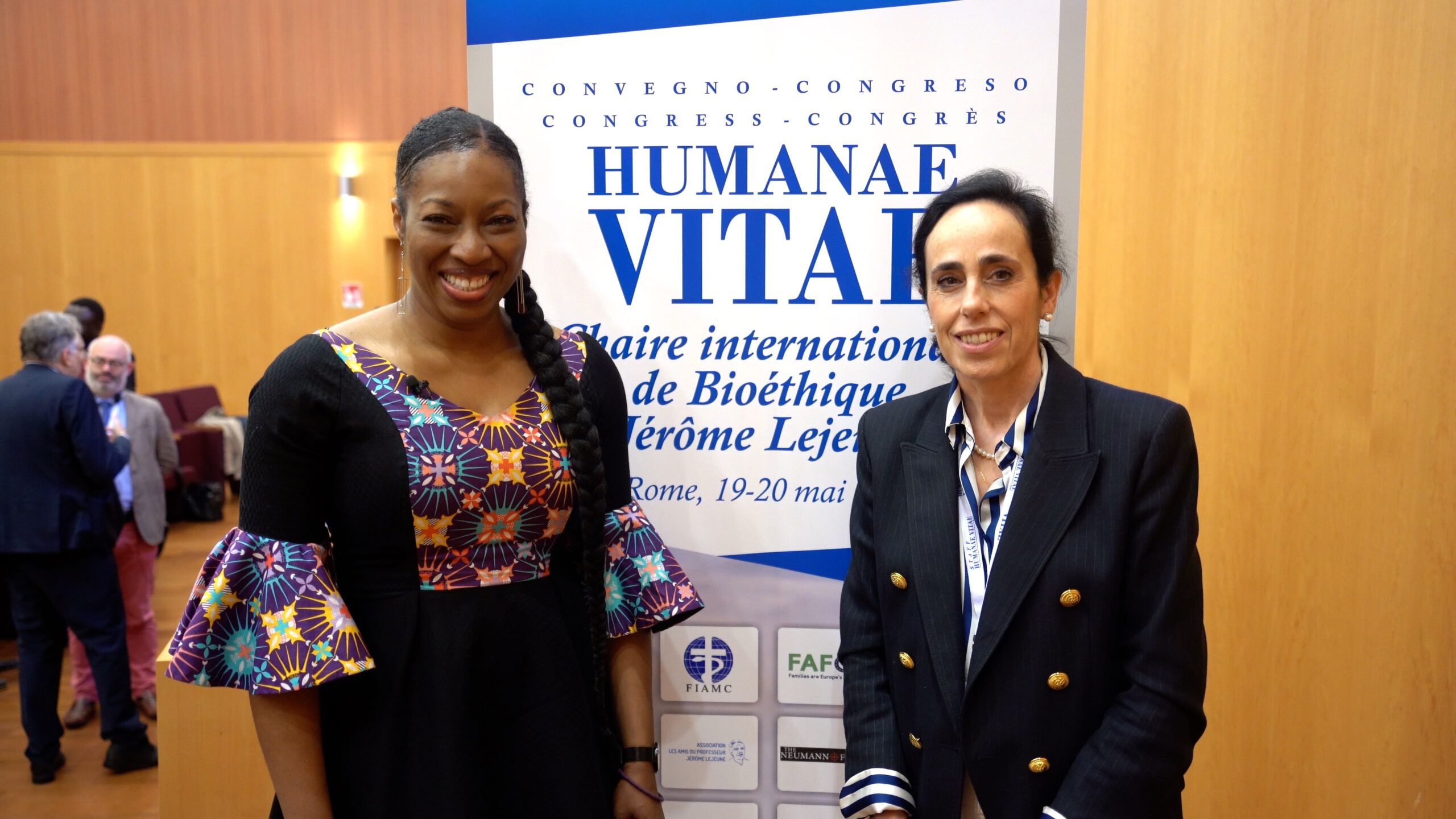
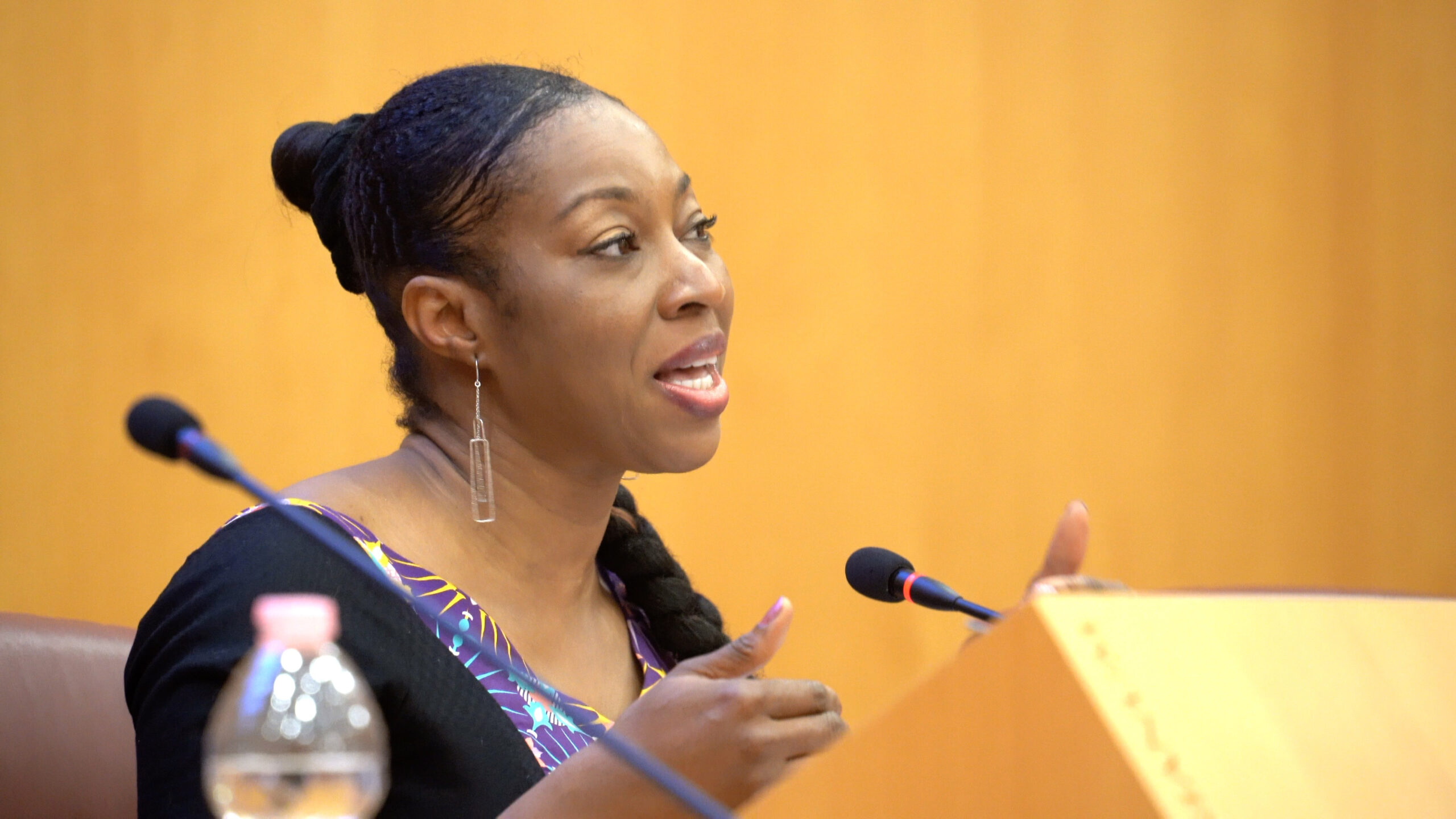
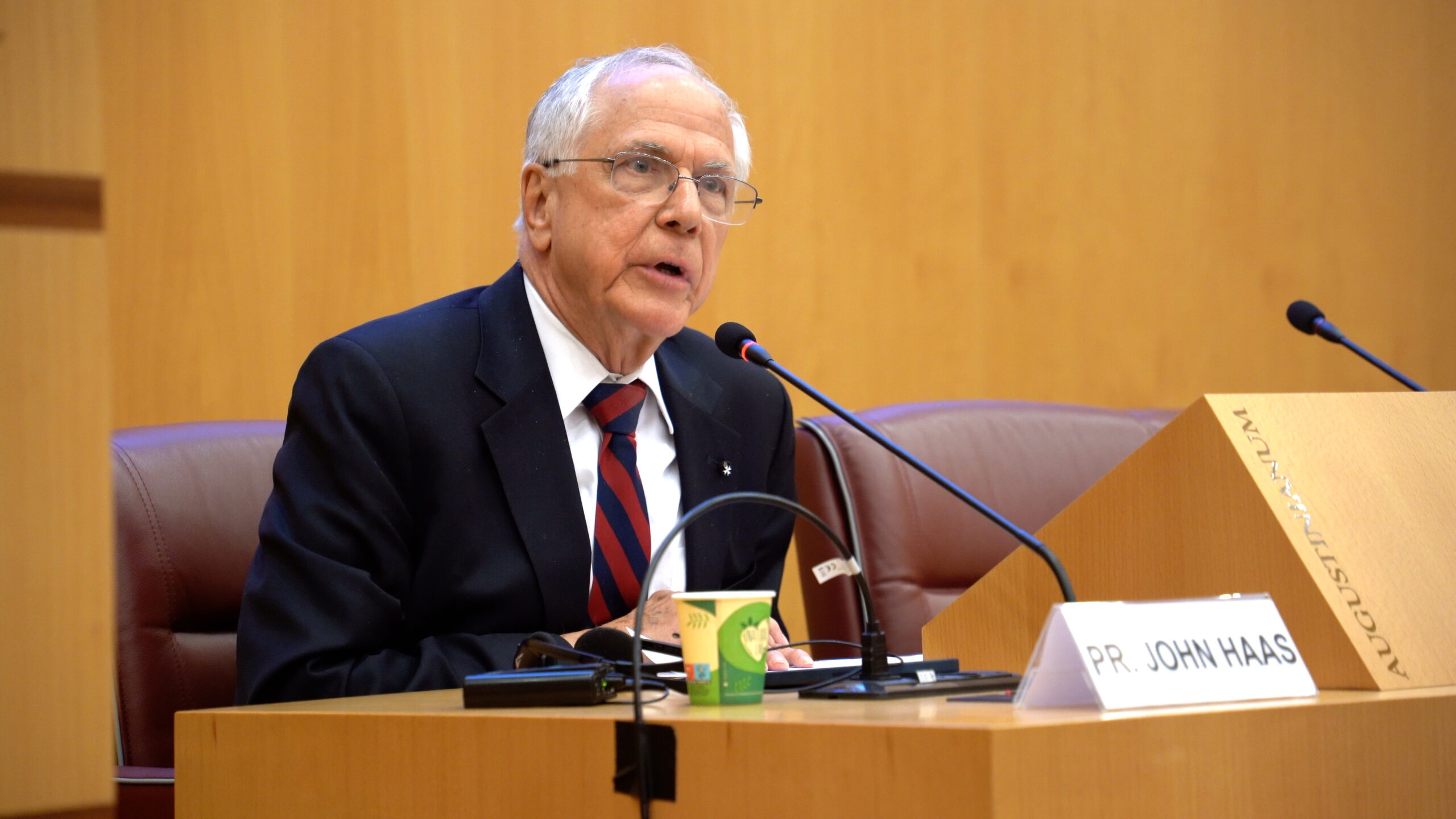
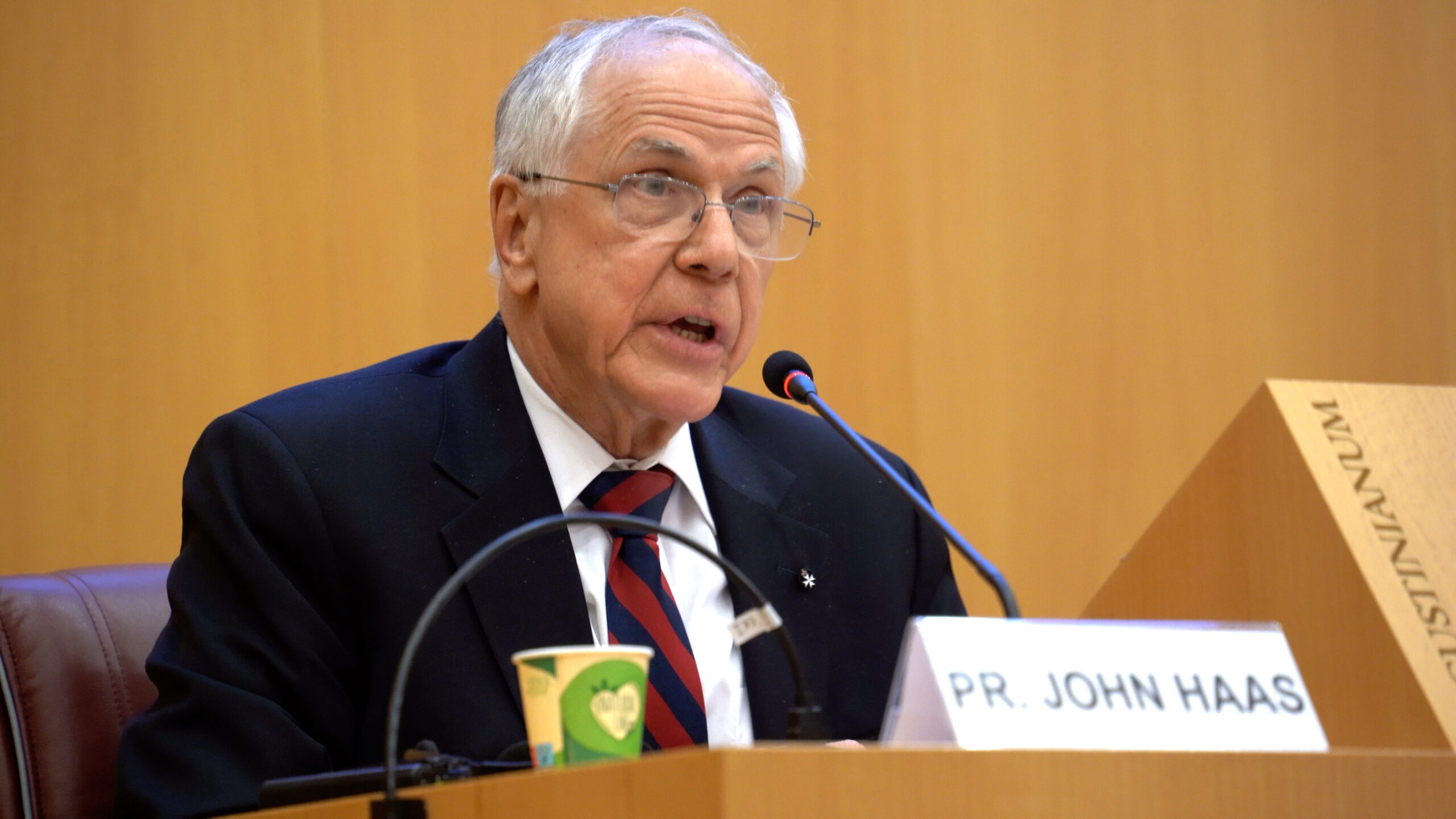
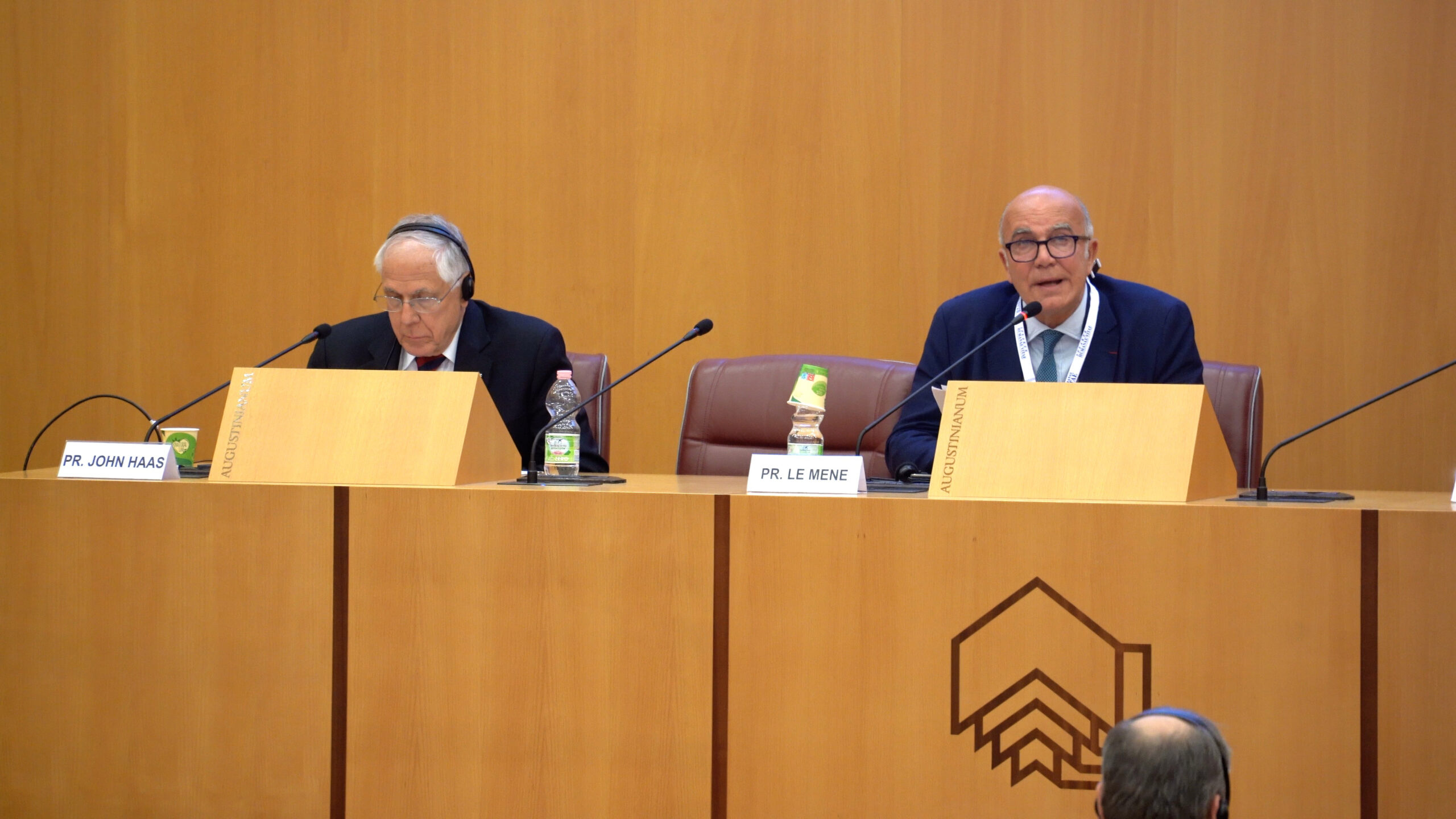
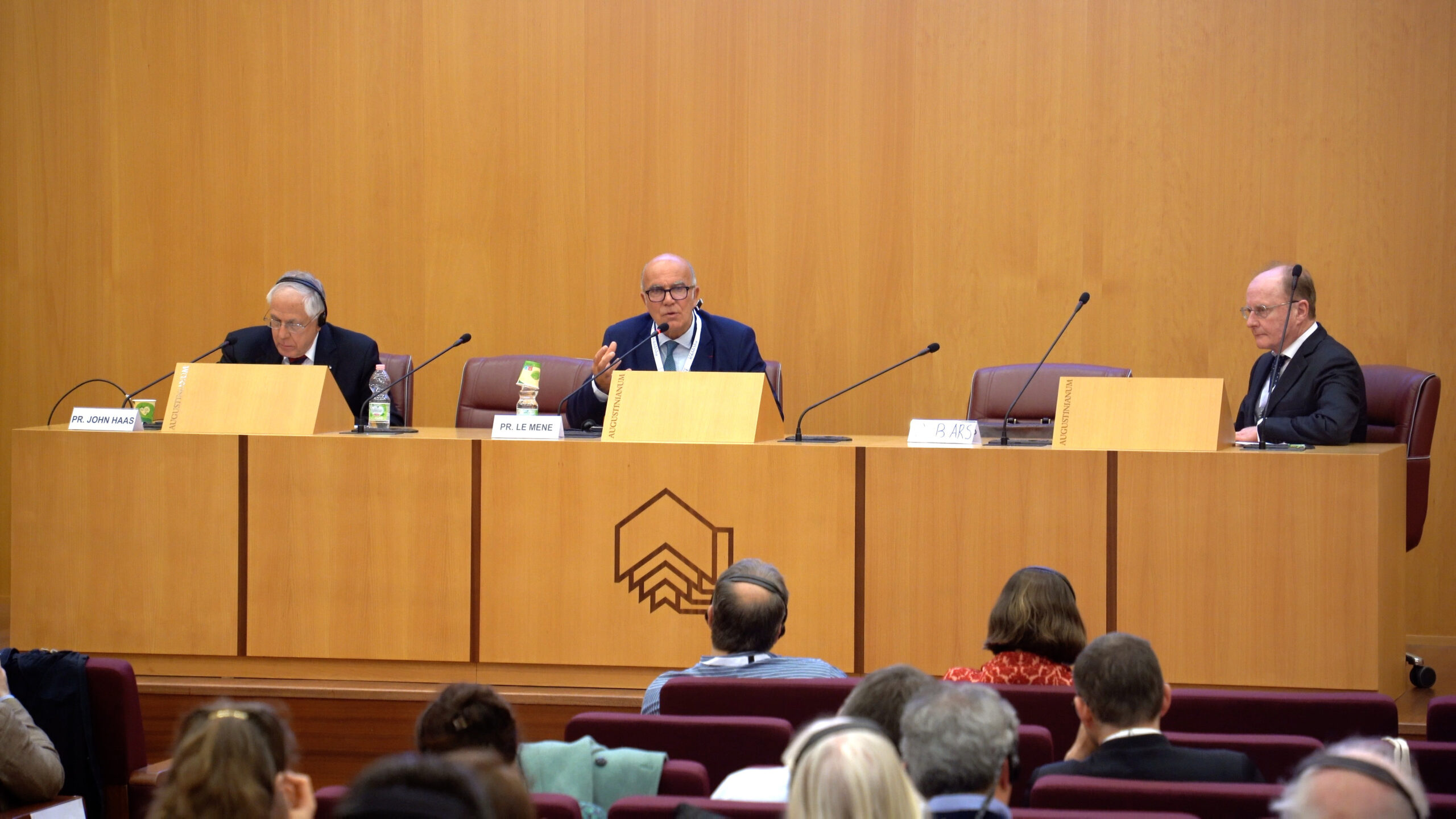
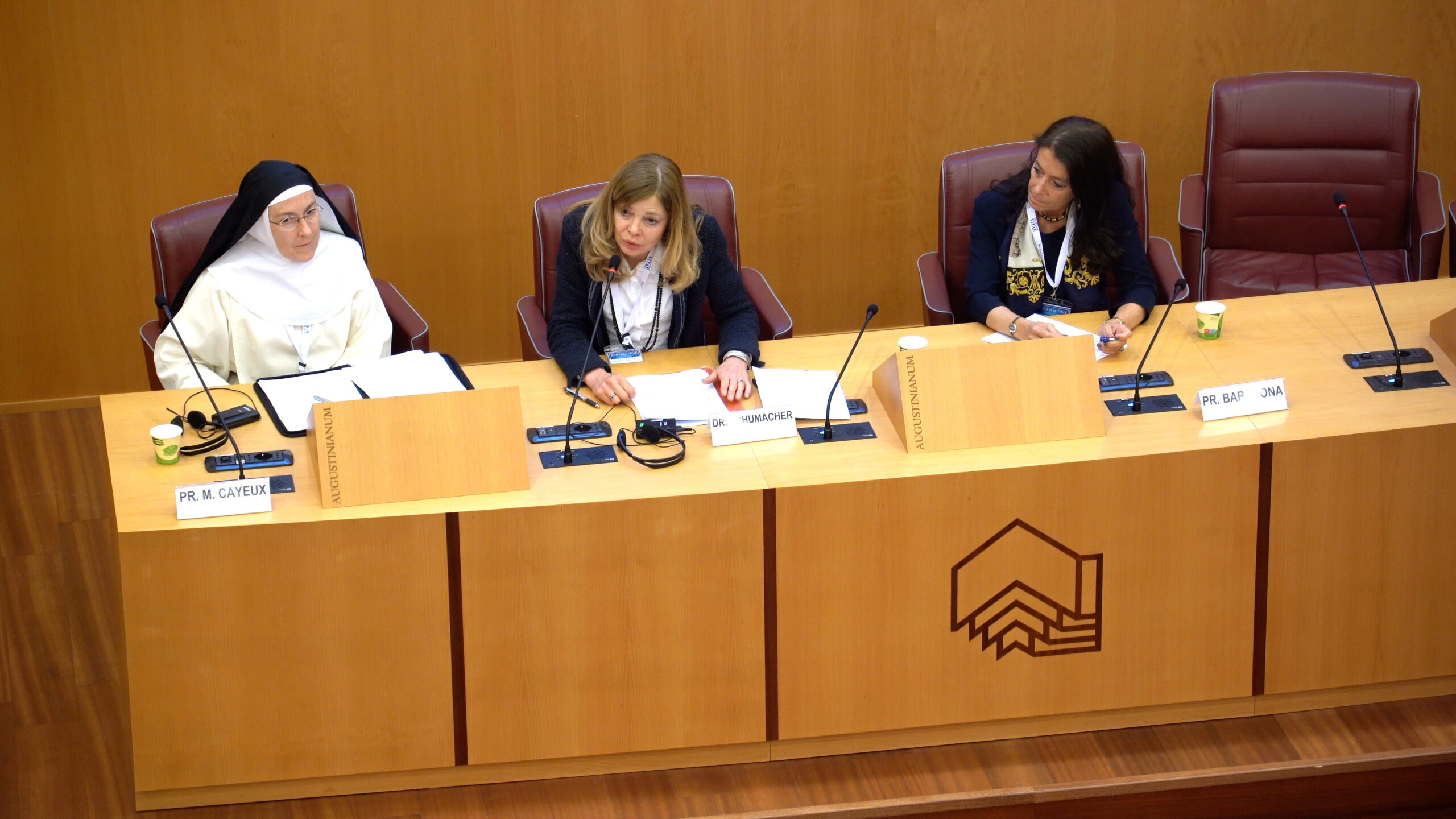
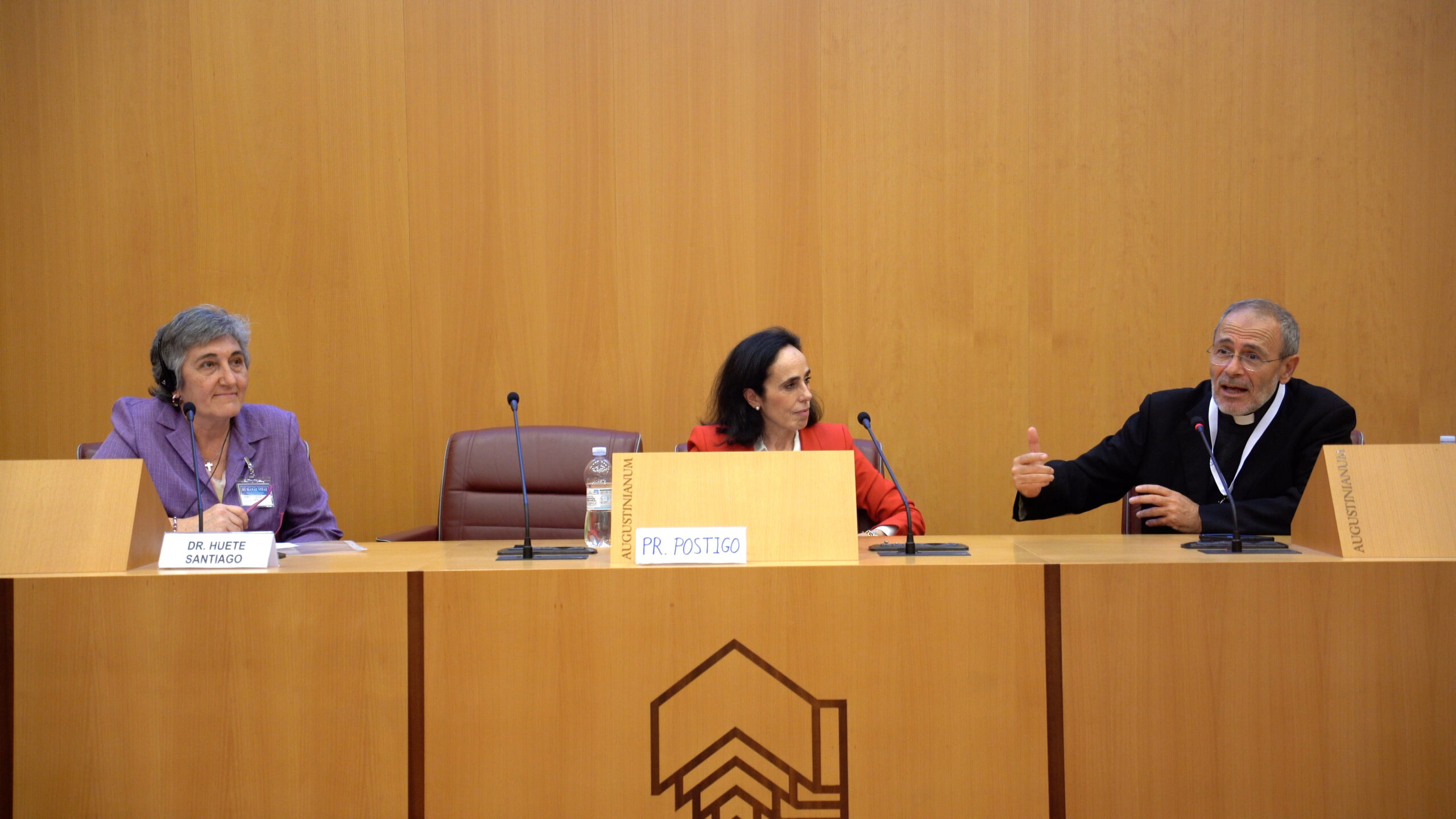
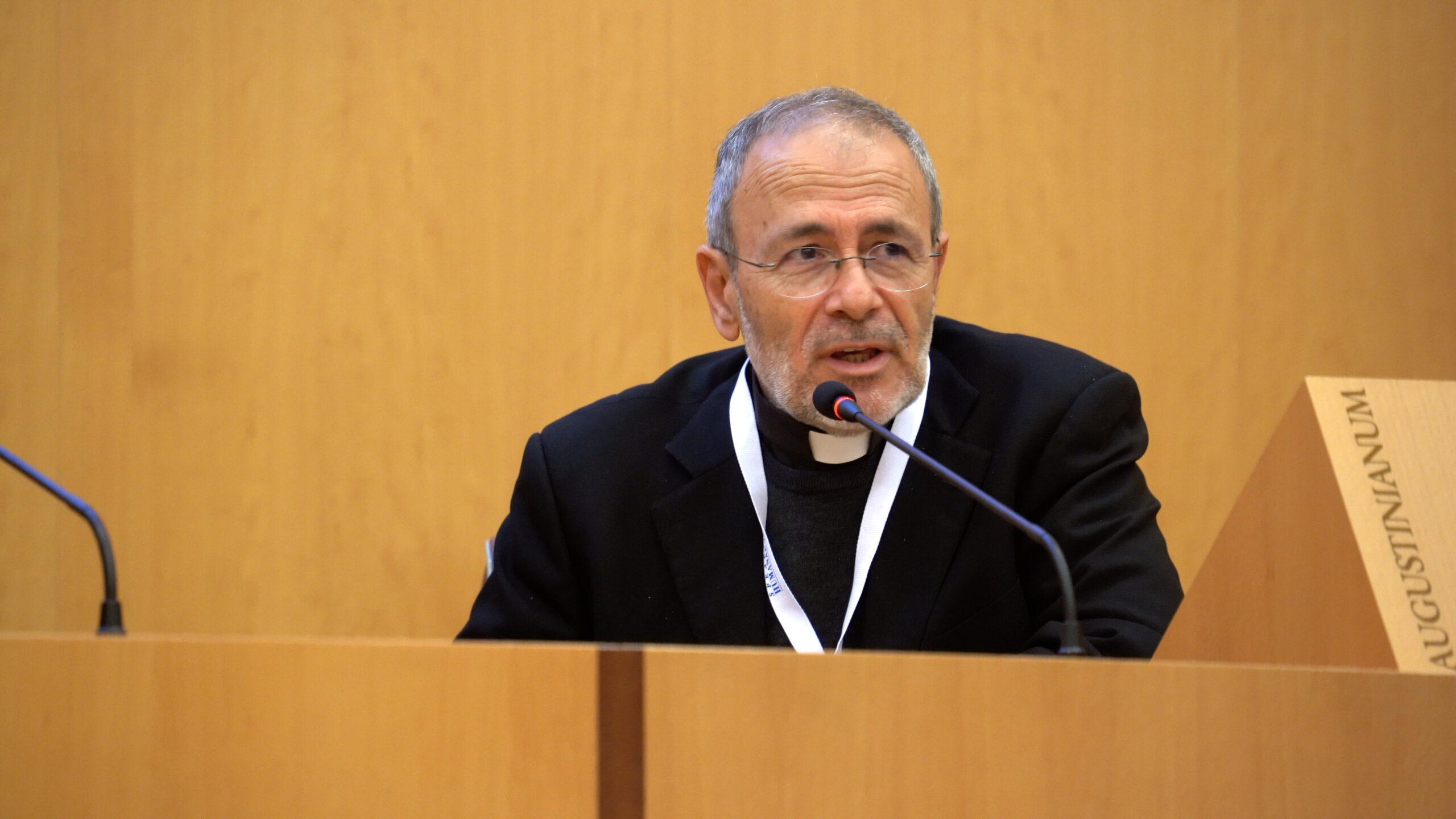
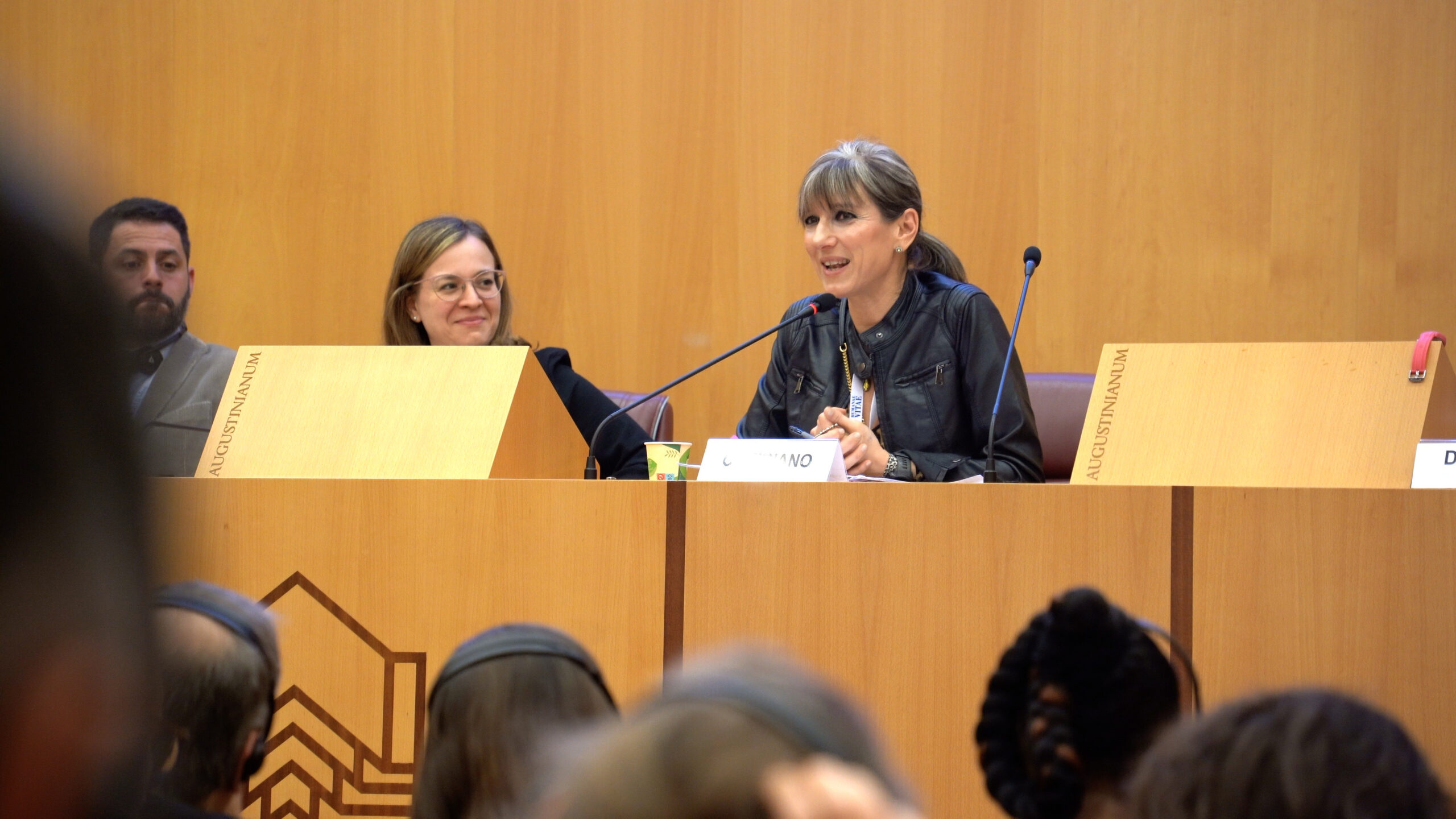
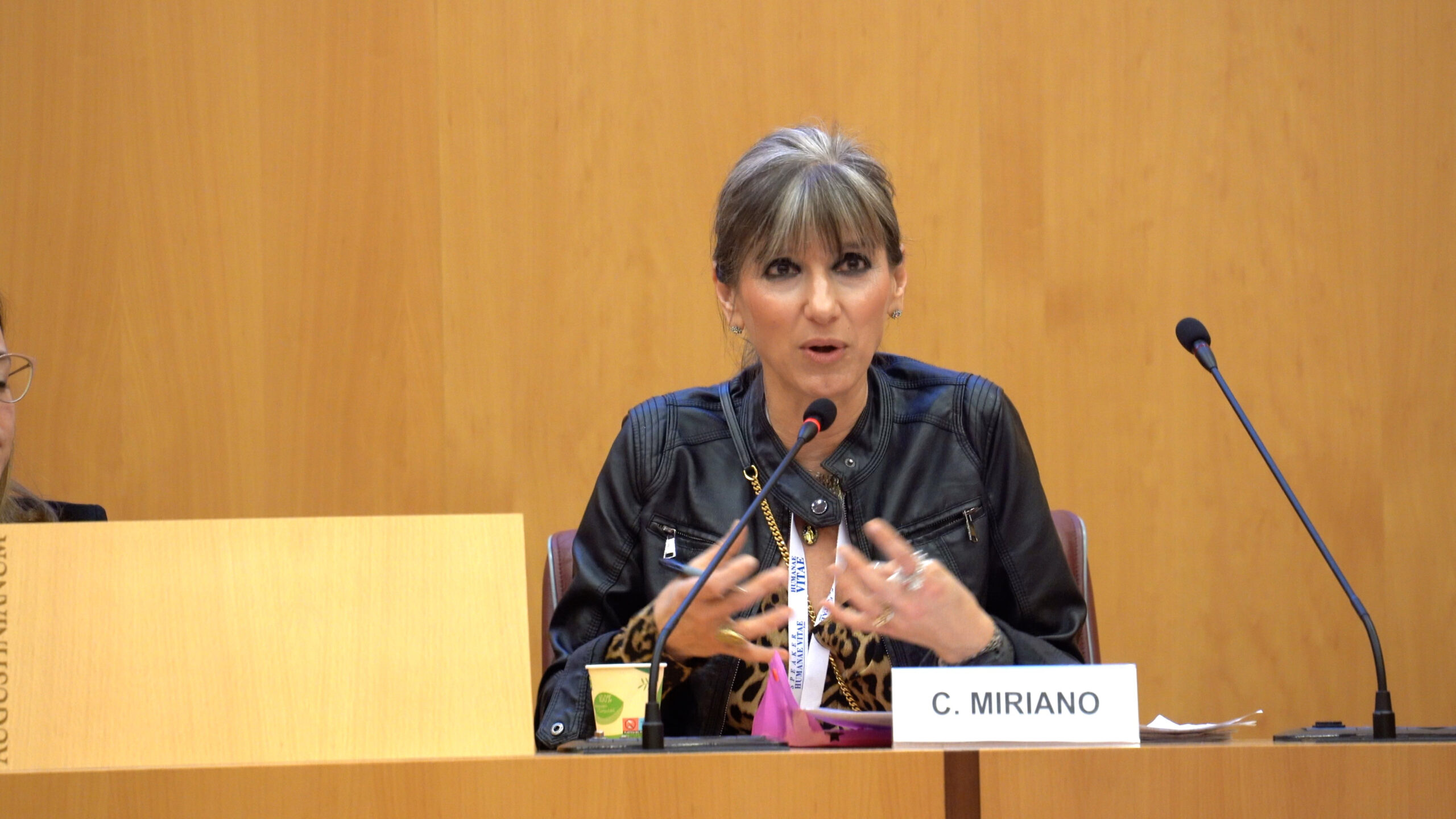
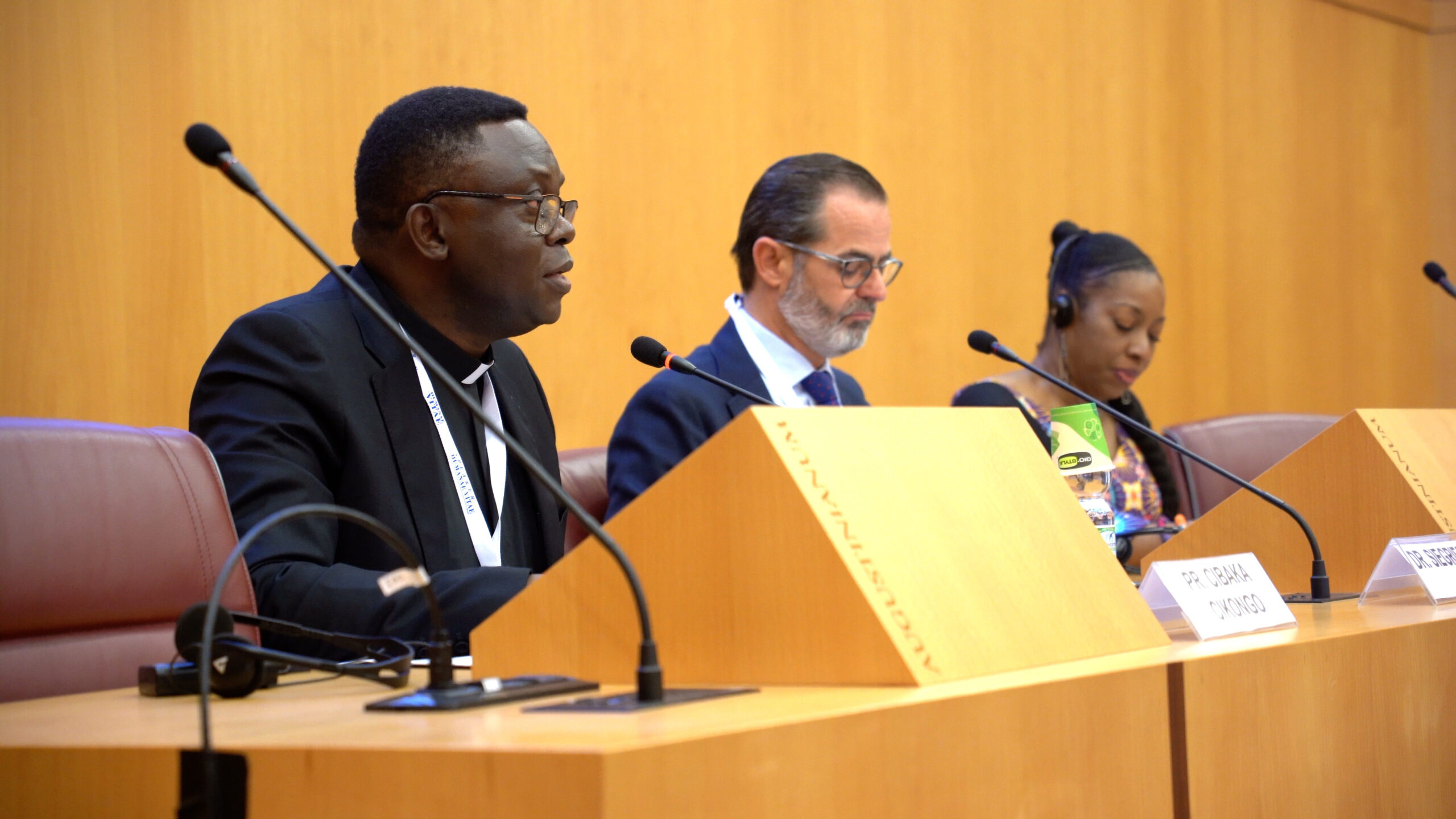
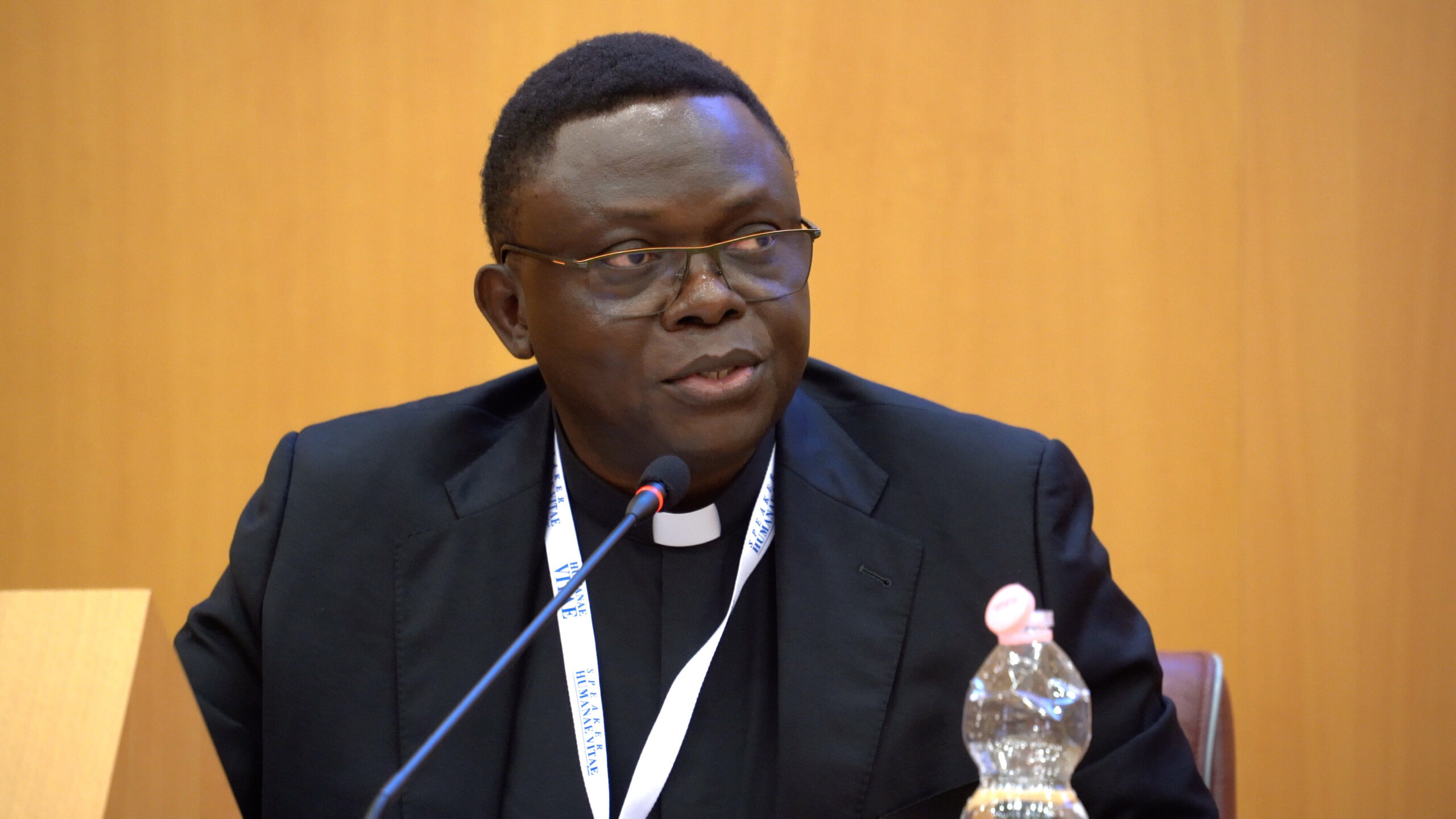

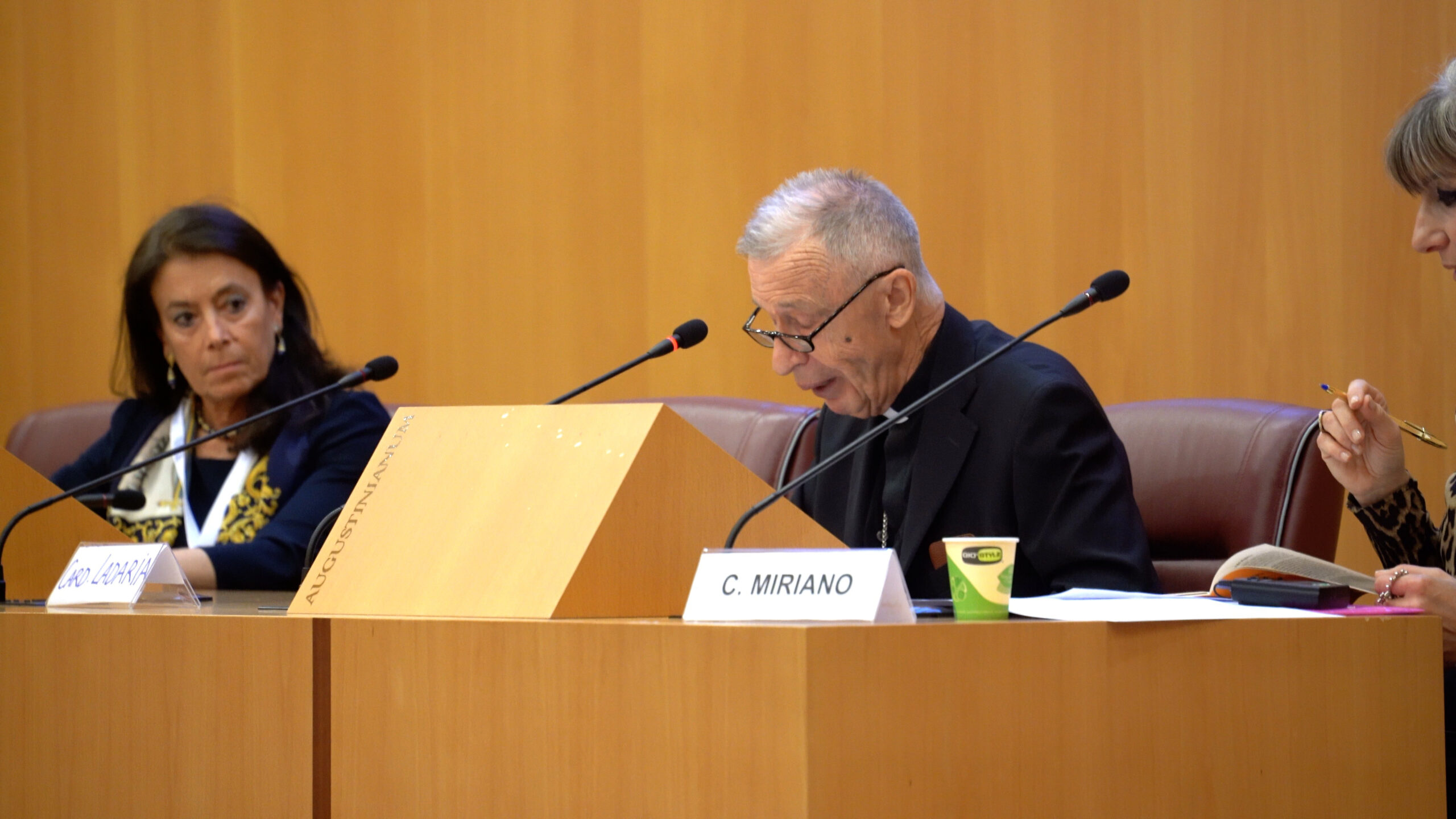
Back in videos
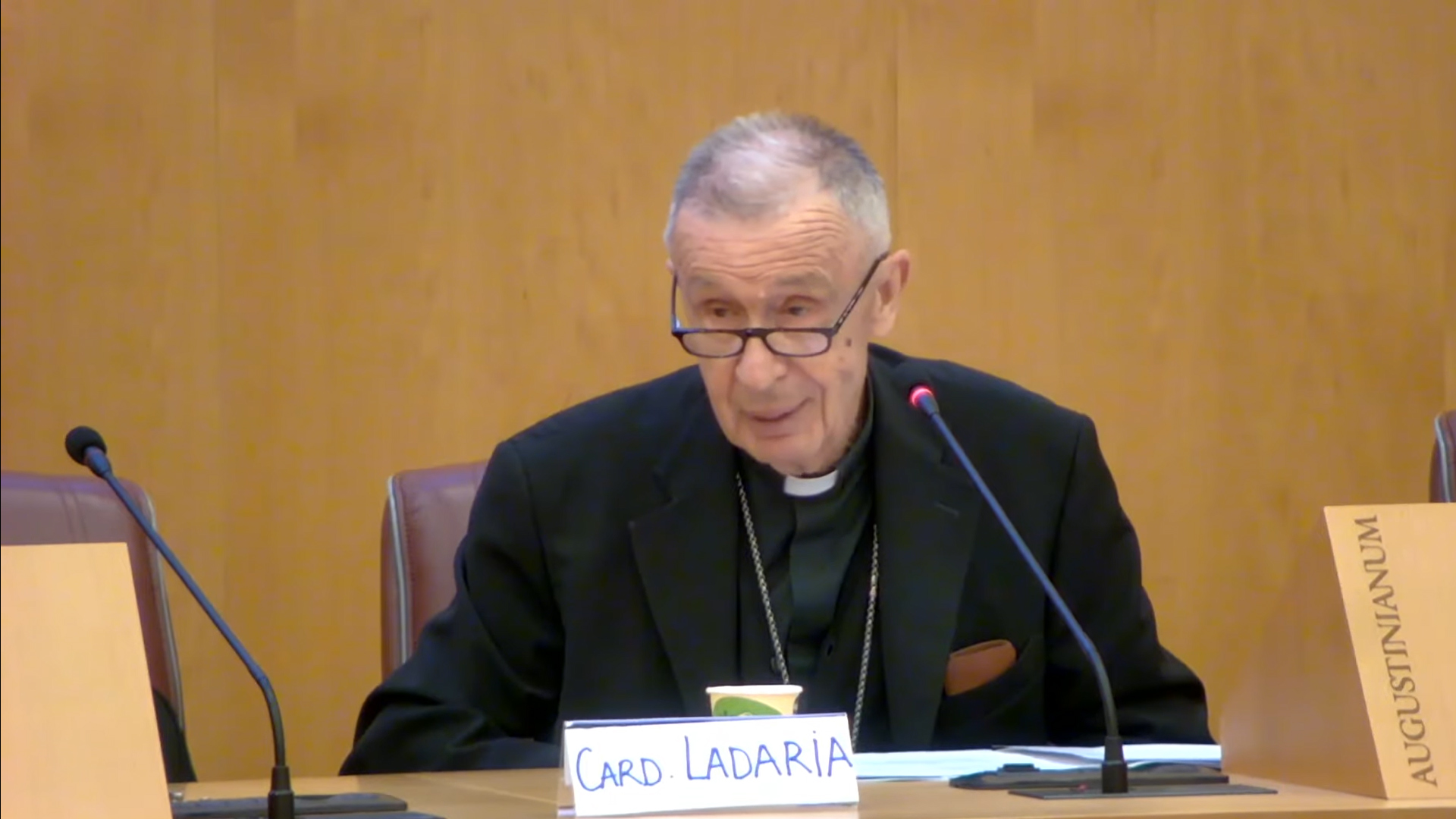
Humanae Vitae as a bold and prophetic encyclical. Its relevance today .
Card. Luis Francisco Ladaria Ferrer, S.I., Prefect of the Dicastery for the Doctrine of Faith (Vatican).
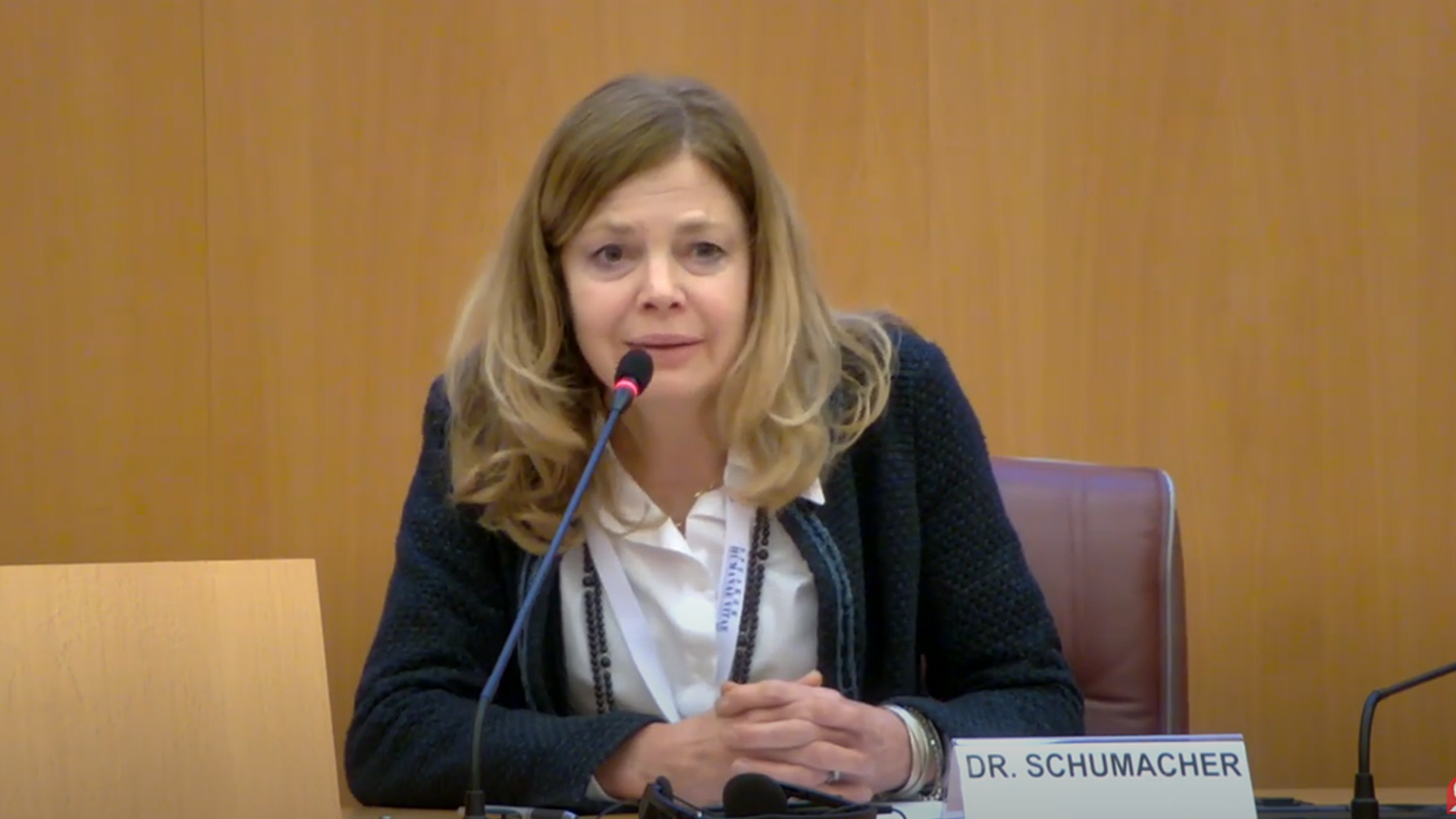
Anthropological foundations of sexuality and human love.
Dr. Michele Schumacher, Private Docent in the theology faculty of the University of Fribourg, (Switzerland).
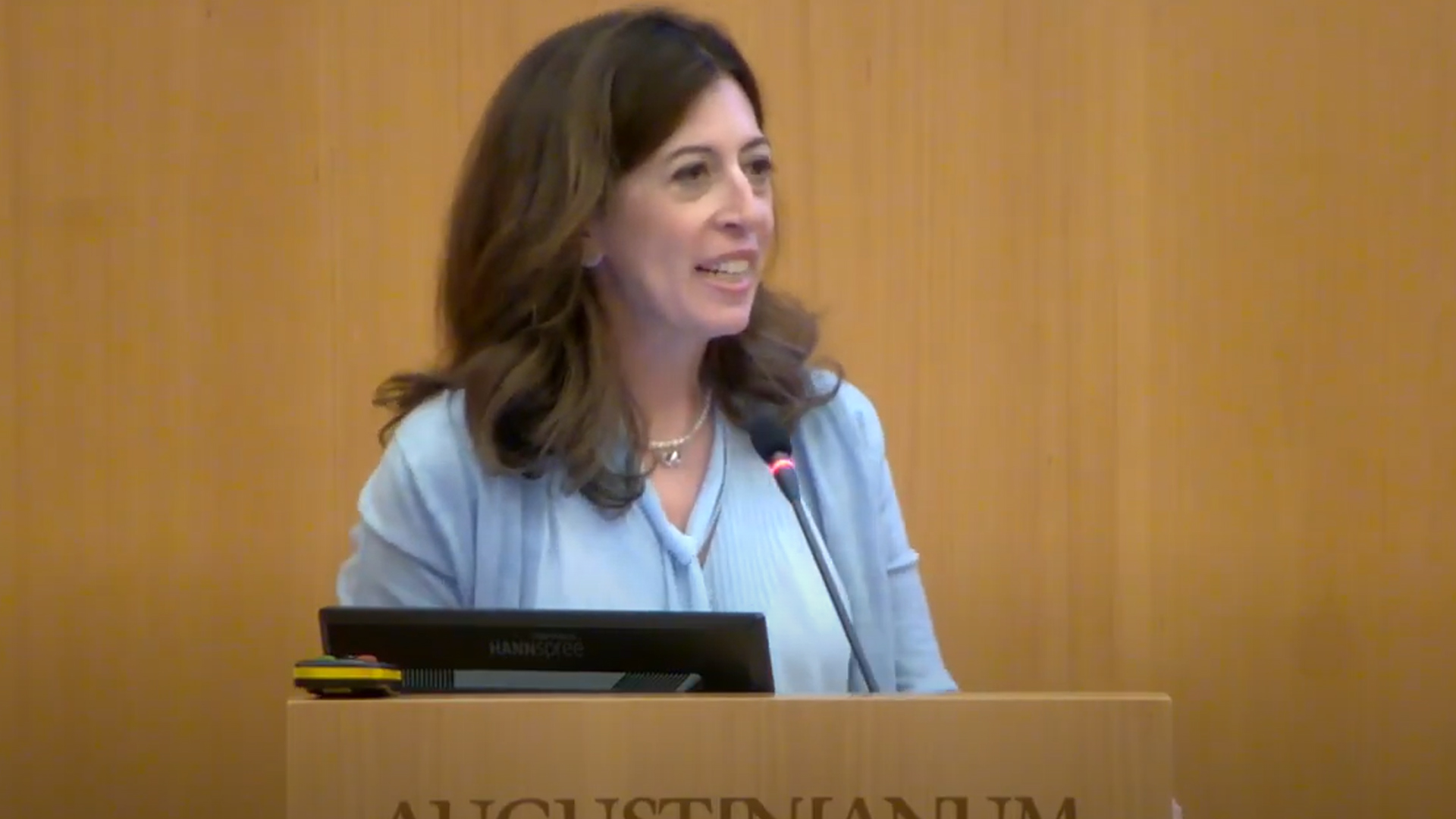
Relevant moral and theological aspects of Humanae Vitae.
Prof. Pia de Solenni, SThD in Moral Theology (United States).
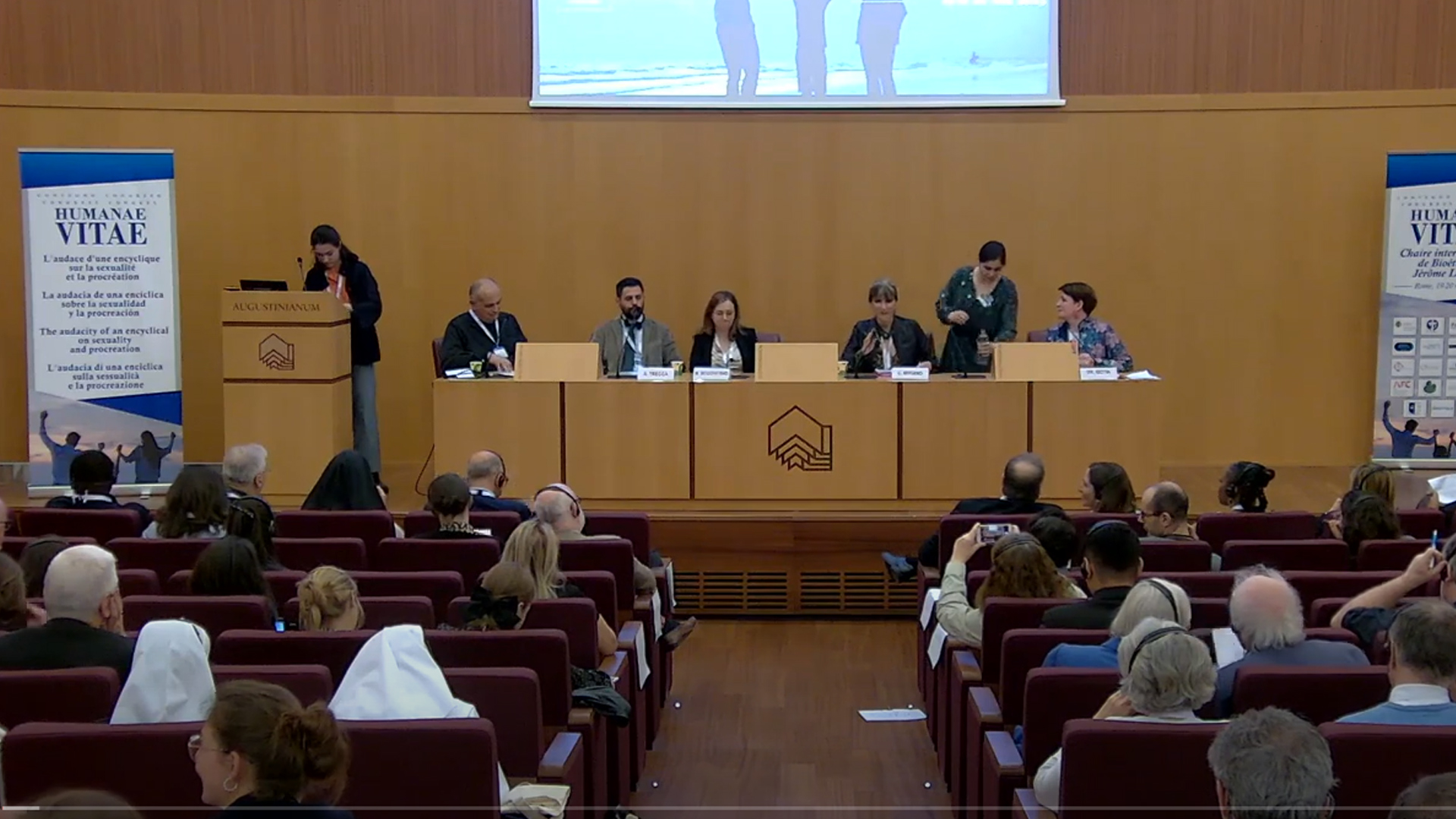
Chastity in question. Humanae Vitae: sign and driving force of a well-ordered sexuality.
Prof. Oana Gotia, Professor of Moral Theology, Sacred Heart Major Seminary, Detroit (United States of America).
Mrs. Costanza Miriano, journalist and writer, RAI, Roma (Italy).
Maria Scicchitano and Angelo Trecca, Italian couple (Italy).
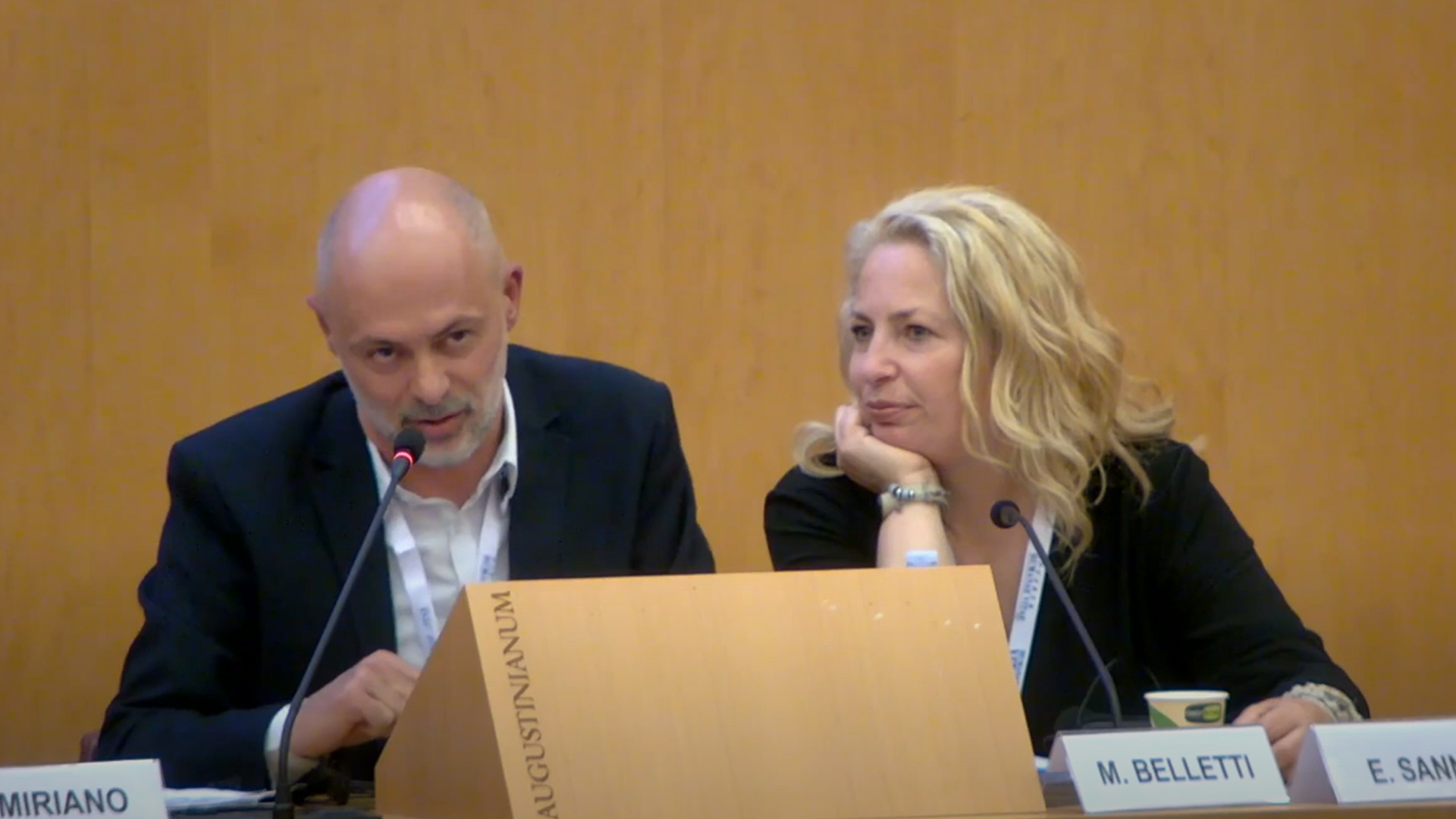
Difficulties and beauty of married love lived in the spirit of Humanae Vitae and openness to life. Testimonies of married couples.
Emanuela Sanna and Marcello Belletti, Italian couple (Italy).
José Alejandro Martínez and Anelena Hueda, Costa Rican couple (Costa Rica).
Jenn and Dustin Ragusa, American couple (United States)
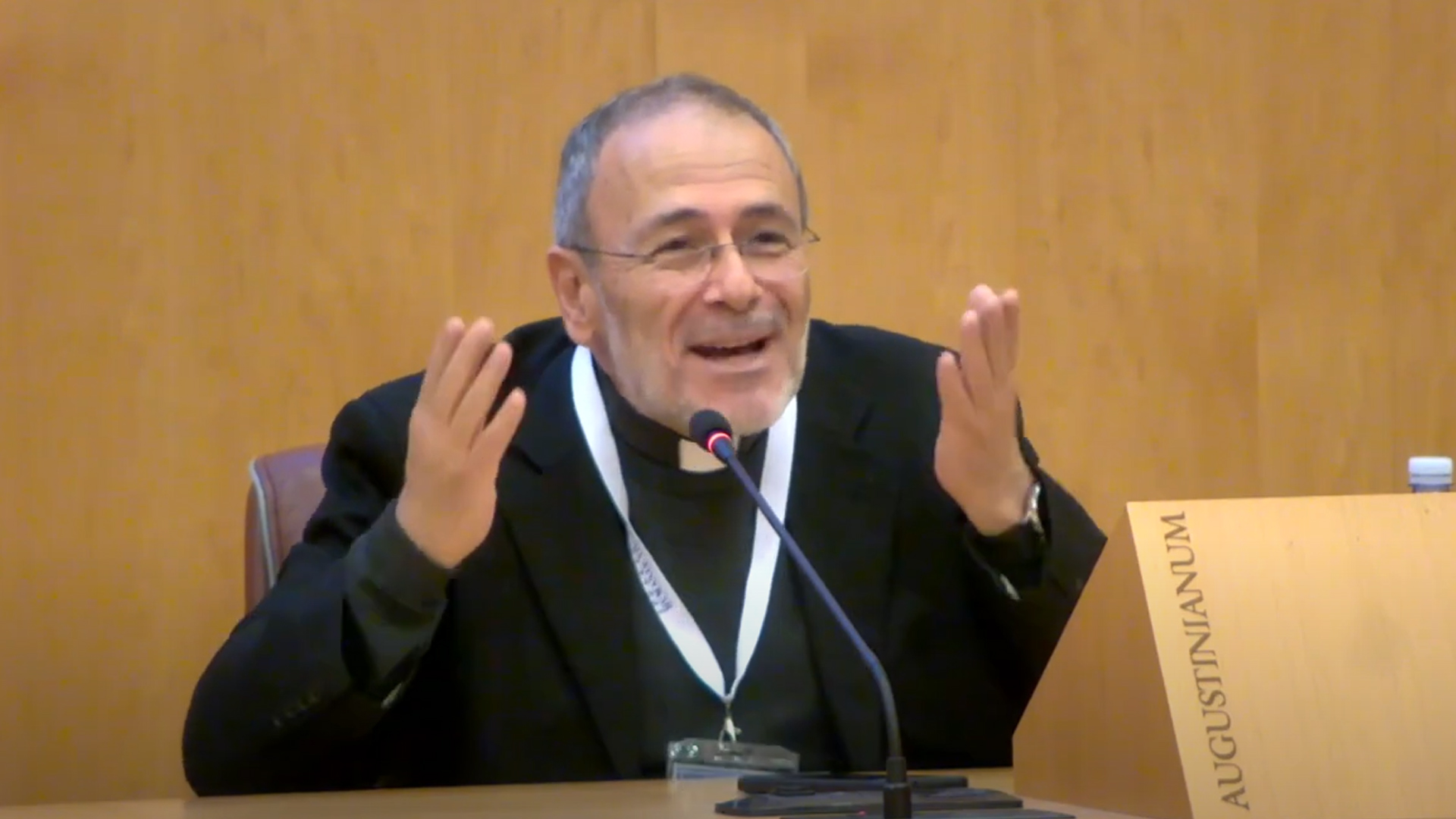
Pastoral experiences. Proposals to be developed.
Don Antonello Iappica, Priest of the Neocathechumenal way (Italy).
Dr. María Eugenia Huete Santiago, doctor, cofounder and director of the Centro de Orientación Familiar (COF), Getafe (Spain).
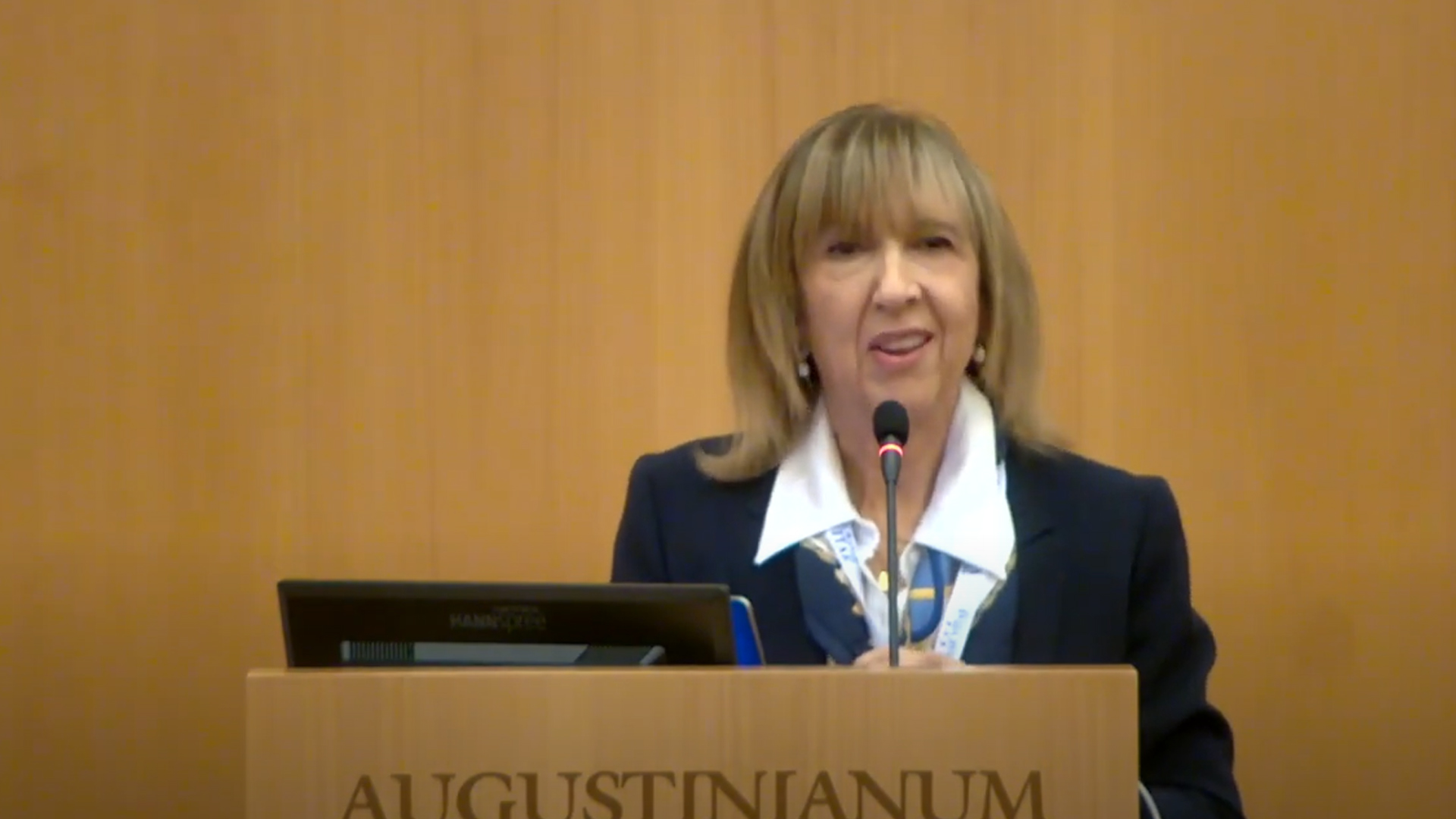
What is contraception? Methods, aims and consequences.
Prof. Pilar Vigil Portales, obstetrician-gynecologist-surgeon, Professor at the Catholic University of Chile, member of the Pontifical Academy for Life, Director of the Reproductive Health Research Institute and President of Teen Star International, Santiago (Chile).
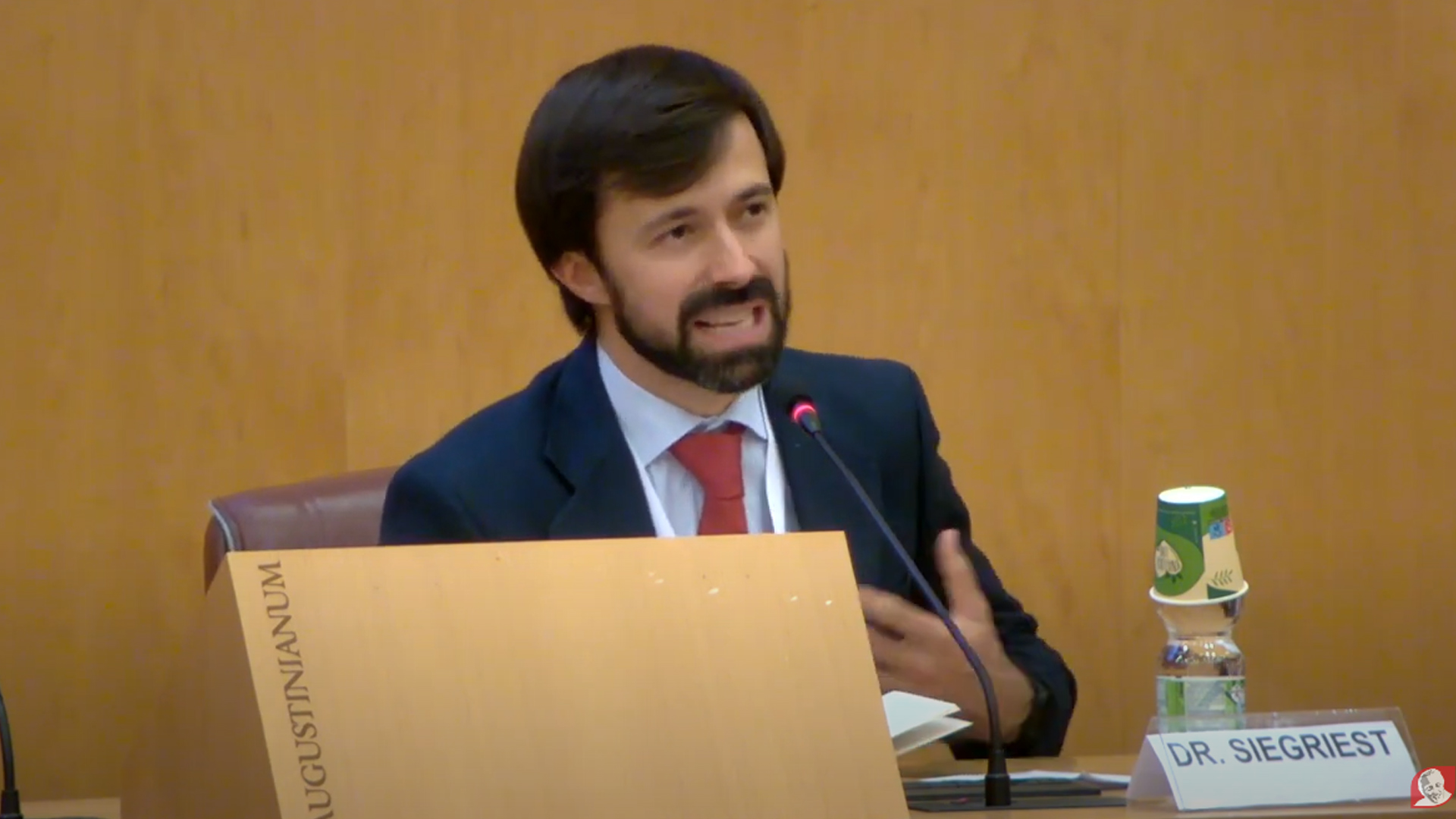
Humanae Vitae: from the medical and scientific point of view.
Prof. Mounir Farag, Founder & President of St Joseph Institute for the Family, Bioethics & Pro Vita – Egypt, Ordinary Member of the Pontifical Academy for Life, Prof. of Bioethics , Oriental Institute – Guiza Egypt, Regional Adviser HSS & GHI , EMRO/ WHO/ UN ( former), Visiting Prof. Strategies & Health System & Bioethics, Senghor University for Francophony , Alexandria, General & Mini invasive Surgery and Gynacologist (Egypt).
Prof. Vincenzo De Filippis, President of the European Federation of Catholic Doctors (FEAMC), Rome (Italy).
Dr. Jaime Siegrist Ridruejo, gynaecologist, Hospital Universitario La Paz, Madrid (Spain).
Prof. Elena Postigo Solana, Associate Professor of Philosophy and Bioethics, Director of the Institute of Bioethics, Francisco de Vitoria University of Madrid, corresponding member of the Pontifical Academy for Life, Madrid (Spain).
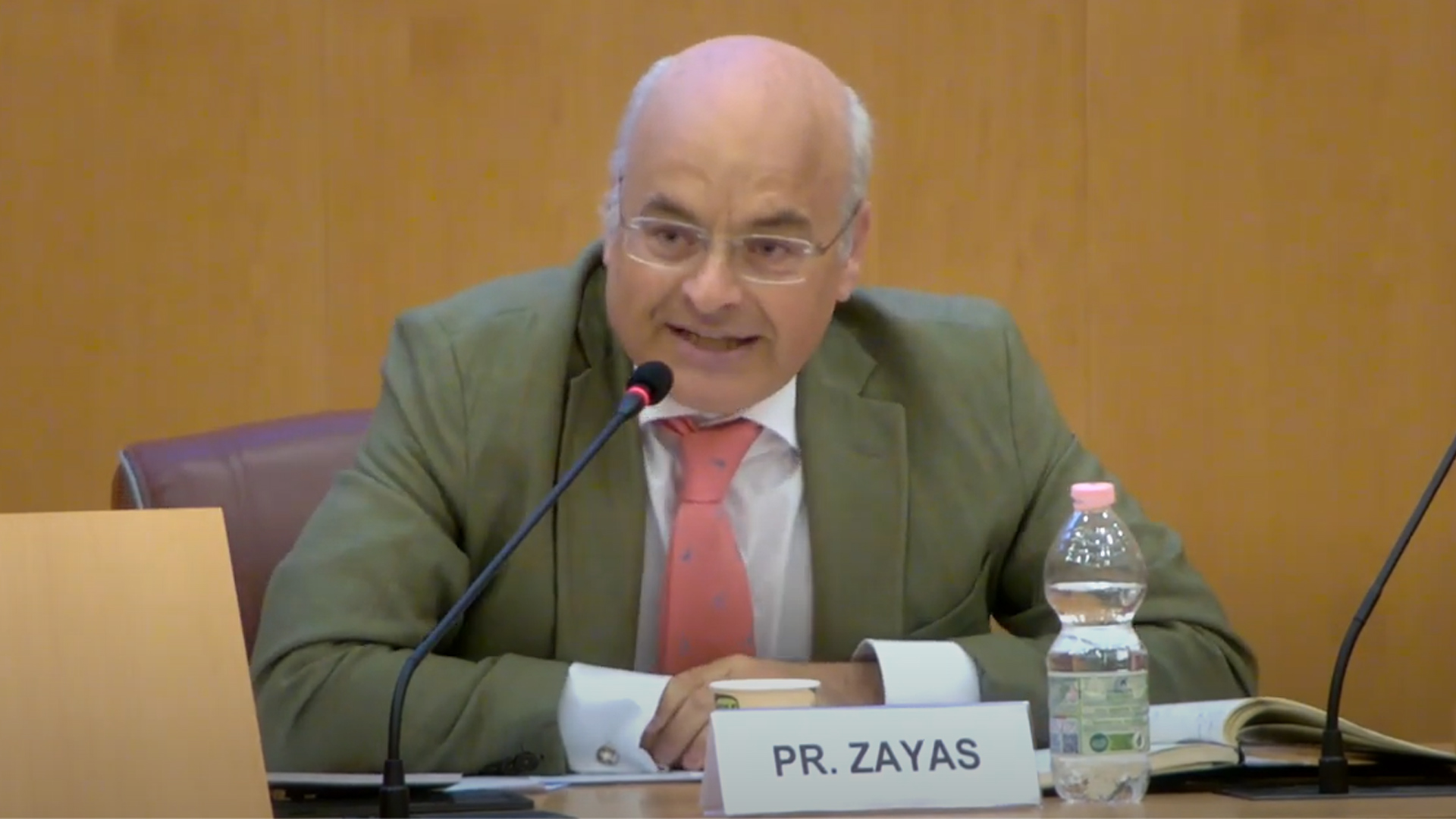
Humanae Vitae versus contraception: where is the progress for women and men?
Luis Zayas, economist and profesor, Madrid (Spain).
Dr. Isabelle Ecochard, doctor at the University Hospital (CHU) of Lyon, Professor of Theology of the Body at the Institute of Theology of the Body, consultant of the Fédération africaine d’Action familiale (FAAF), in Planning Centre and in Maternal and Child Protection, Lyon, (France).
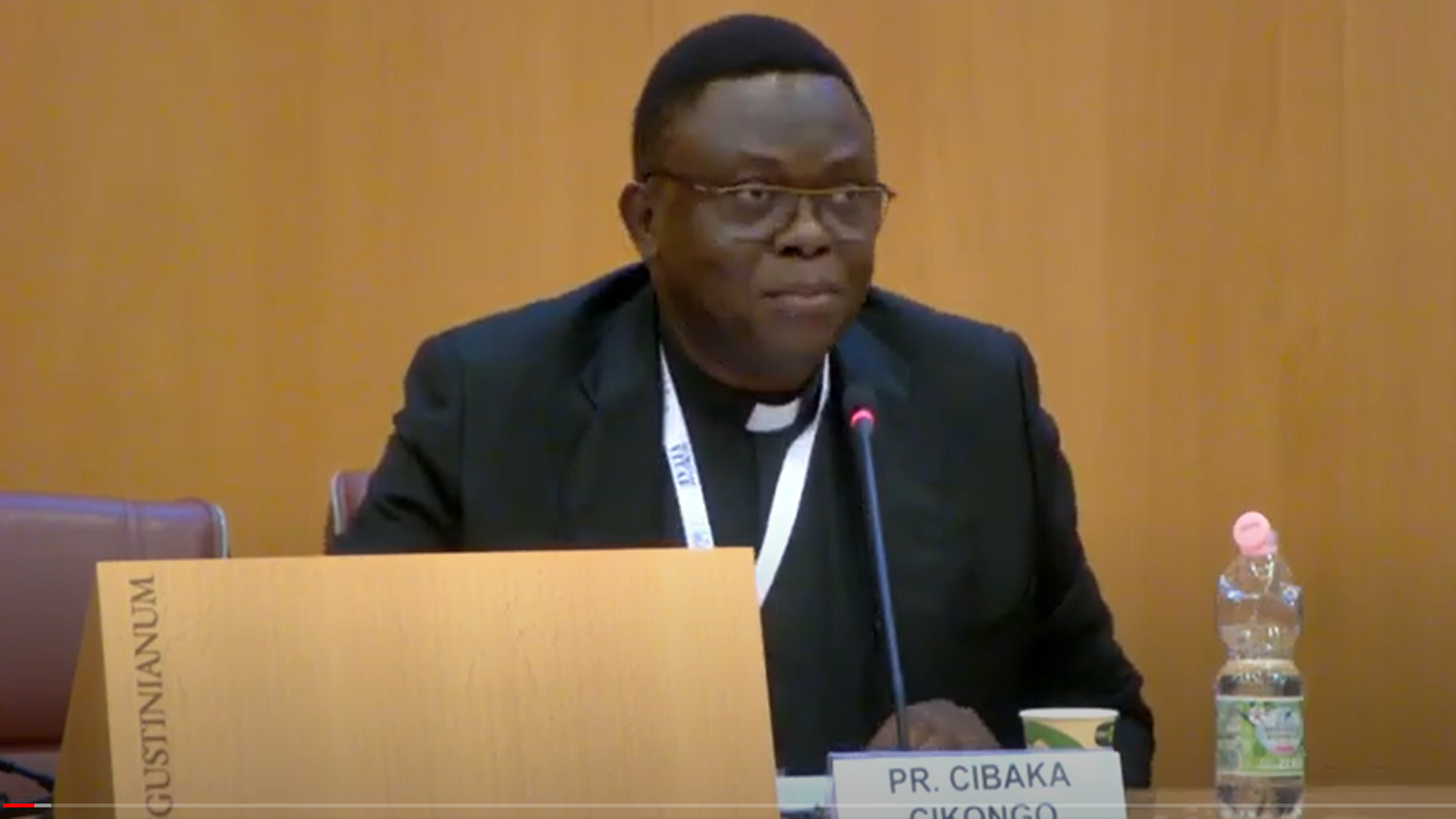
Humanae Vitae: a bulwark against Malthusian policies.
Prof. Apollinaire Cibaka Cikongo, Bioethics teacher, Rector of the Université Officielle de Mbujimayi, Kasaï Oriental (Democratic Republic of Congo).
Dña. Obianuju Ekeocha, biologist, President of Culture of Life Africa, (Nigeria and United Kingdom).
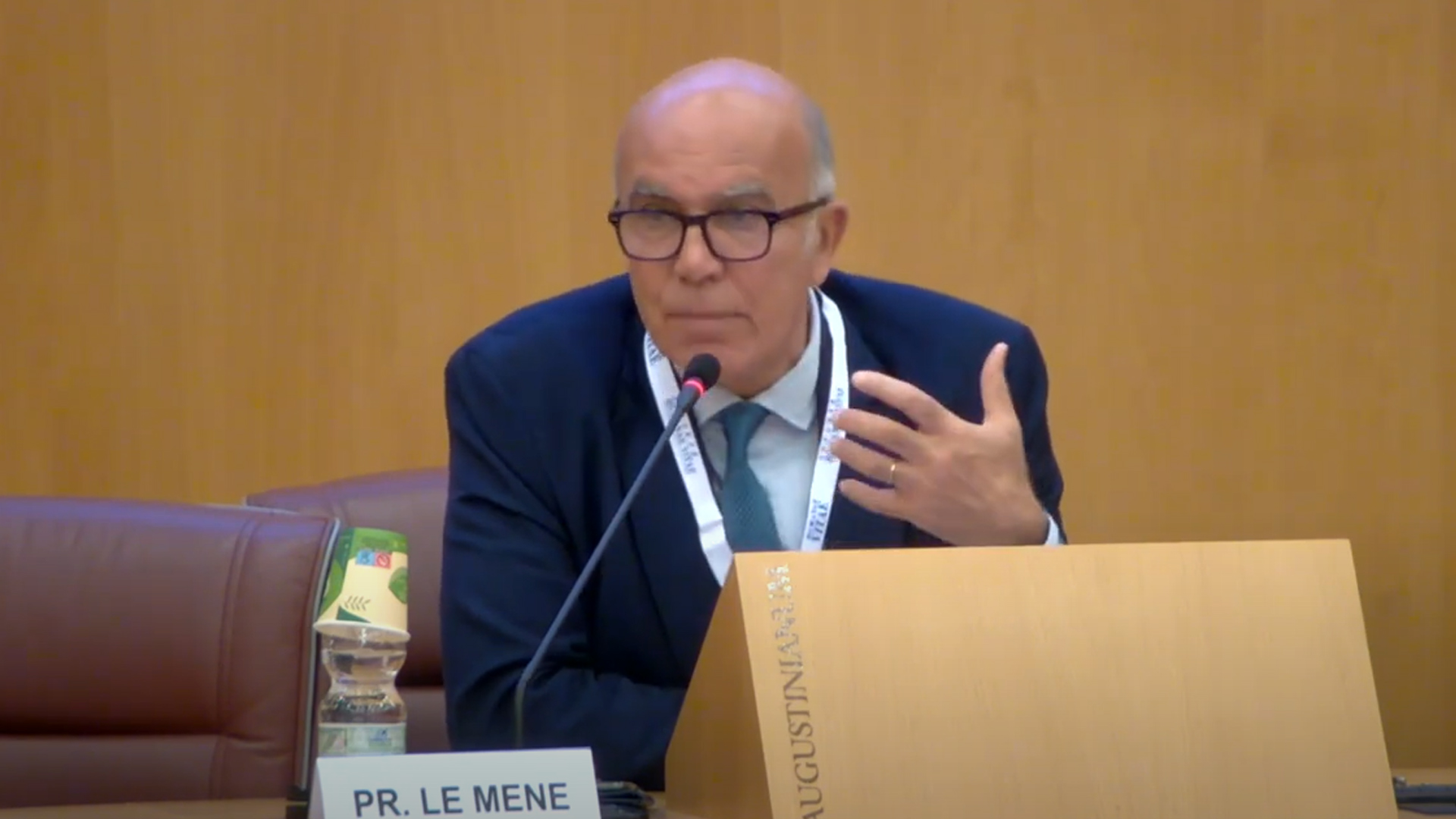
Humanae Vitae: a bulwark against the manipulation of life.
Jean-Marie Le Méné, President of the Fondation Jérôme Lejeune, ordinary member of the Pontifical Academy for Life, Paris (France).
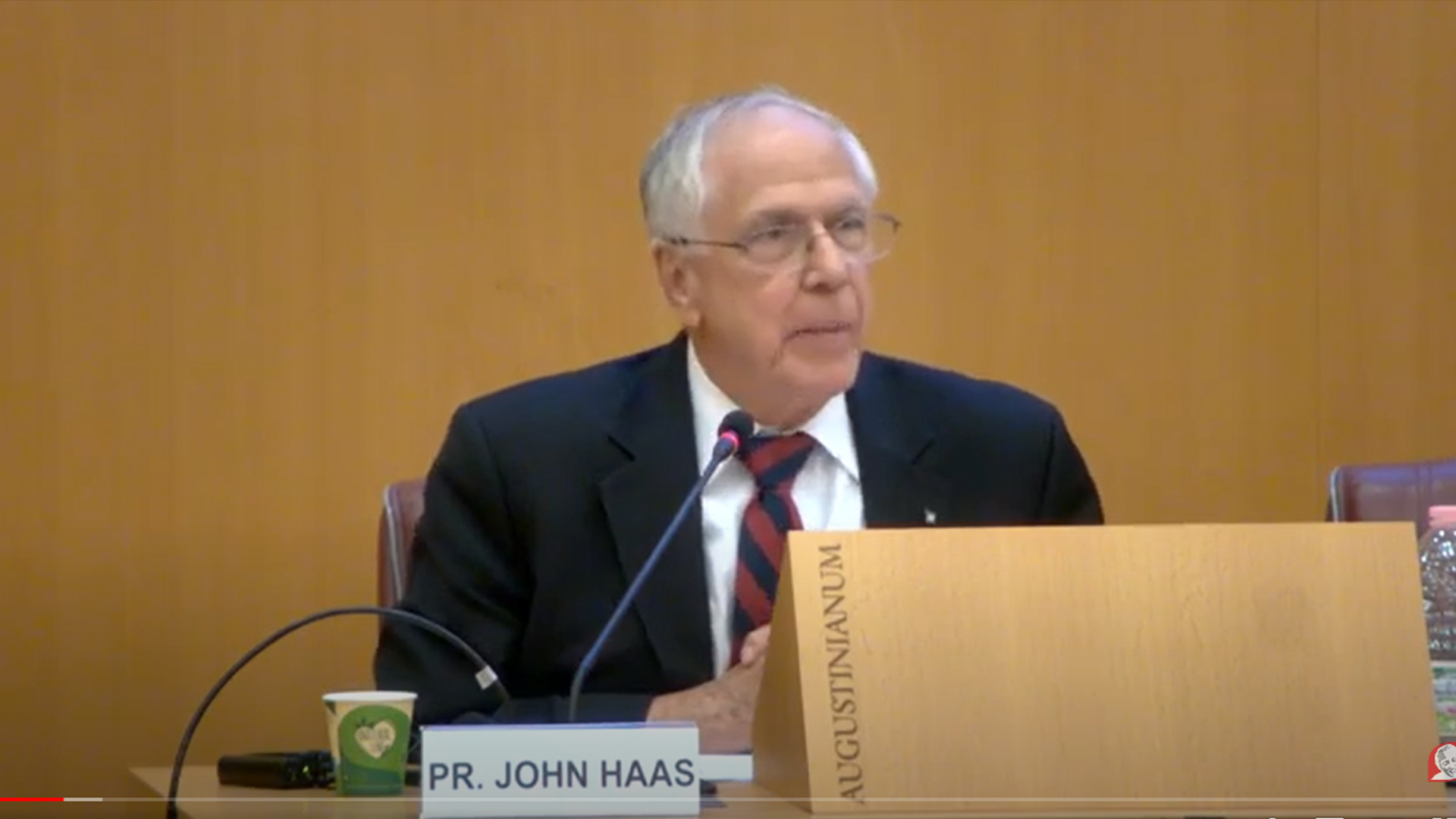
The beauty of Humanae Vitae 50 years on and its future challenges.
Prof. John Haas, President emeritus of the National Catholic Bioethics Center. He was Professor of moral theology at St. Charles Borromeo theological Seminary in Philadelphia and an adjunct professor at the Pontifical John Paul II Institute for Studies on Marriage and Family in Washington, DC, Ordinary Member of the Pontifical Academy for Life, (United States).
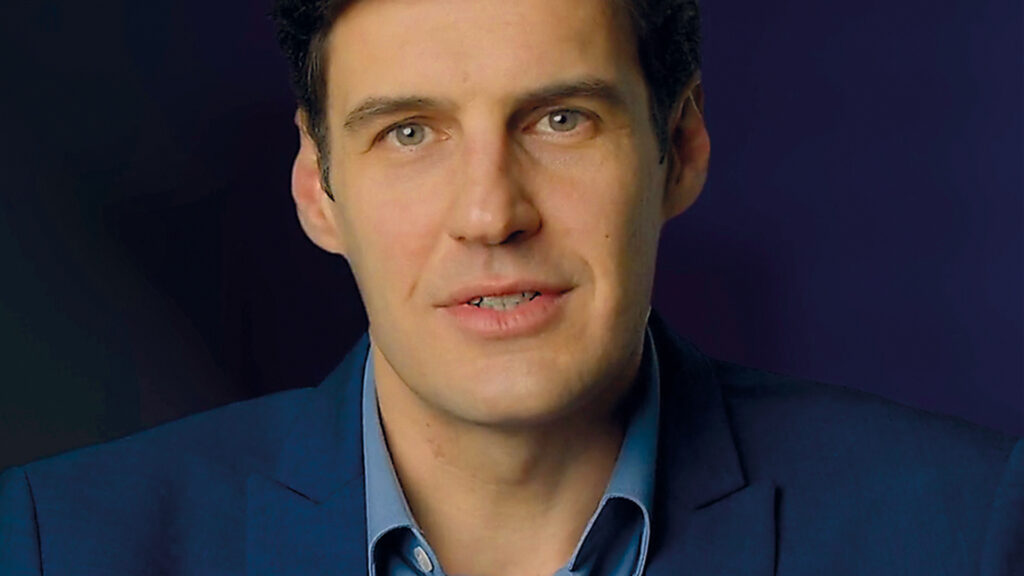
Presentation of the Brazilian film Human Life
The film is available to conference participants by sending an email to contact@humanlifemovie.com to receive an access link.
NB :Philosopher Olavo de Carvalho’s argument, presented in the middle of the film, in response to those who claim that we cannot know whether the human foetus or embryo is a human being, is interesting: those who refuse to recognise that the human embryo is a human being cannot prove that the human embryo is not a human being either, so at the very least we must apply the precautionary principle and, when in doubt, refrain from killing this embryo that may be a human being. This is an interesting philosophical argument, of course, but it should not obscure the fact that science (embryology, biology, etc.) has no doubts whatsoever, and can see that the human embryo is a living human being from the moment of conception, and therefore a human being (it is neither a mass of cells, nor a non-human being…). No scientist can deny this. Pr Jérôme Lejeune was tireless in reminding those who, through ignorance or bad faith, ignored him. He liked to repeat: “the little man is a little man”. From the moment the father’s and mother’s gametes fuse, the embryo conceived is a little human being, carrying the genetic heritage of its parents, a little man.